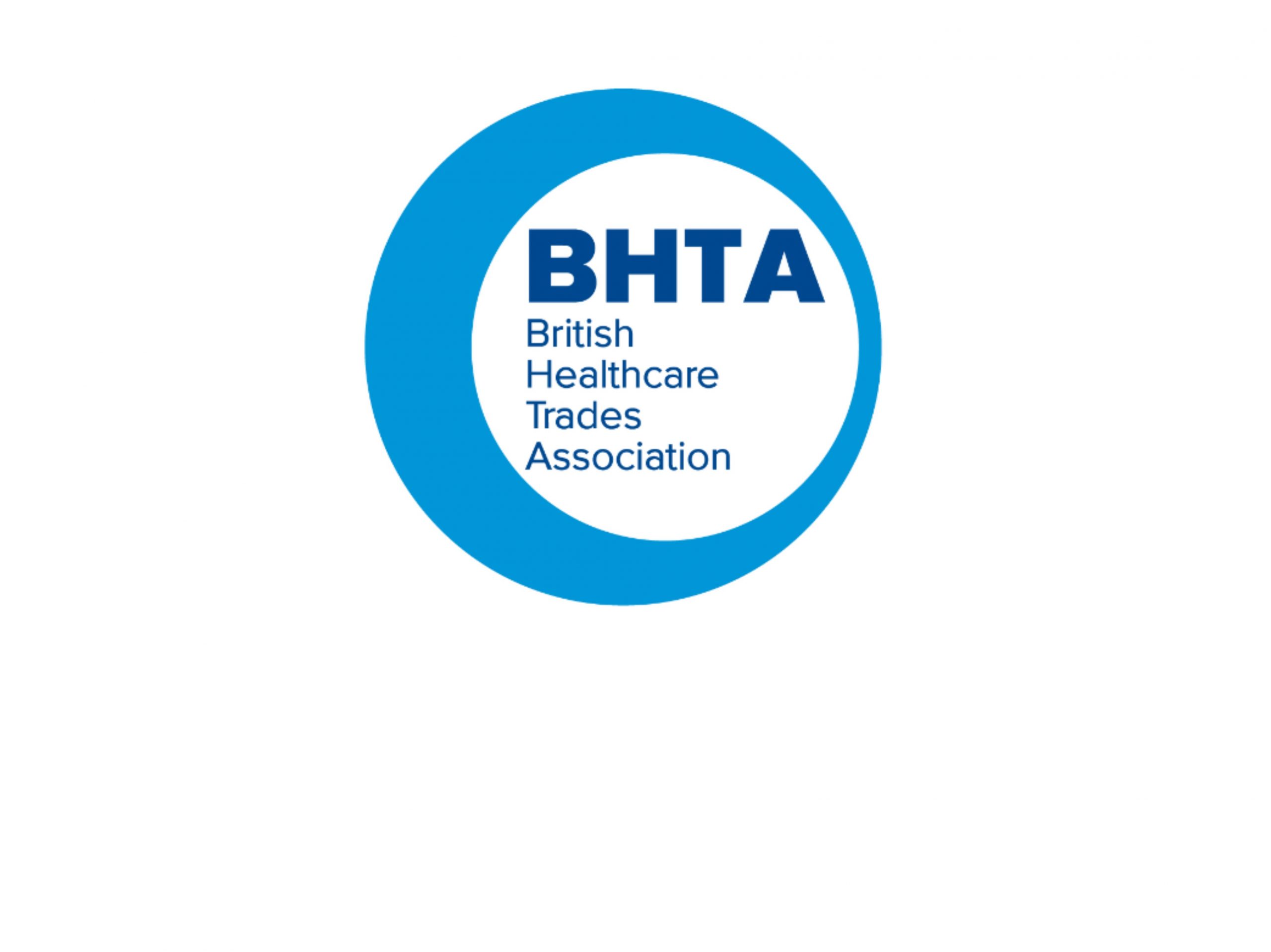
BHTA have brought together some of the major wheelchair service providers to ensure that, while the NHS is under extreme pressure,
the needs of wheelchair users are fully supported.
If you are a wheelchair service customer and having difficulties obtaining service and maintenance support for your product, BHTA
members will bring their combined resources together to respond urgently and help.
Many of the challenges wheelchair services and wheelchair users are experiencing are replicated across the country. Where there may
be hot spots or shortfalls in services the group will look to see how they can support any specific areas that need their assistance.
The BHTA group will be liaising with other Wheelchair Groups and regional in-house services to try to mitigate wheelchair user’s
problems with ongoing assessments, deliveries, service and maintenance.
The BHTA group are keen to support users that are just being issued with products for hospital discharge and for others, whose
conditions are changing and need to be assessed as part of their ongoing clinical needs.
If you require assistance, please click on the link below and scroll over the map to find the nearest provider to you. Please do not
hesitate to contact the nearest one, who may appear to be some distance from you, as many BHTA providers cover wide areas for
wheelchair services.
Retailers who may be able to assist are shown in light green – their services will not be free of charge unless they are able to provide warranty cover – check when contacting them”
Find your nearest provider by Clicking Here



Community Bed and Equipment Collections Request
The provision of community equipment is a vital part of the process that allows patients to be discharged from hospital to be cared for
safely in their own homes. Community Equipment Providers are continuing to support the NHS and Social Services at this difficult time,
using infection control procedures and enhanced PPE (Personal Protection Equipment) to protect those whose homes they visit as well
as their employees.
All Providers need your assistance to help facilitate more NHS patient discharges and free up more vital bed spaces. We are actively
requesting those who no longer need loaned beds and Equipment to contact their equipment provider so that they can collect and
re-cycle them. If you have a bed, or equipment, in your home that was supplied by the Community Equipment Service that you no
longer need, please call your local Equipment Provider and they will arrange the safe collection and urgent recycling, so that the
equipment may be used to help others now in need.
Contact details will be found on any documentation that has been left with you, or on a label on the equipment. If you do not have
access to this please search on your local council website for “how to return equipment” or for “Occupational therapy”.
You can find your local council via the following link:
https://www.gov.uk/find-local-council
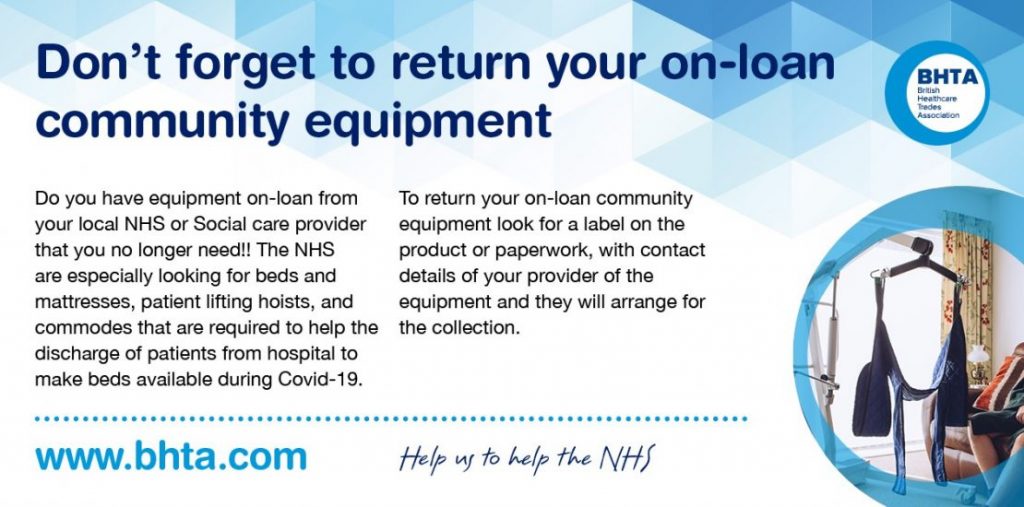
Published: 17th April 2020

High street retailers and department stores, including book shops, electronics retailers, tailors, auction houses, photography studios, indoor markets, and shops selling clothes, shoes and toys, will be allowed to open their doors again provided they follow the COVID-19 secure guidelines set out by the government in May.
Retailers will need to take certain steps to protect customers and staff, including limiting the number of customers allowed inside at one time, placing protective coverings on large items such as sofas which may be touched by passing shoppers, and frequently checking and cleaning objects and surfaces.
Employers should also display a notice visibly in their shop windows or outside their store to show their employees, customers and other visitors that they have followed this guidance.
For further information follow the link below
https://www.gov.uk/guidance/working-safely-during-coronavirus-covid-19/shops-and-branches
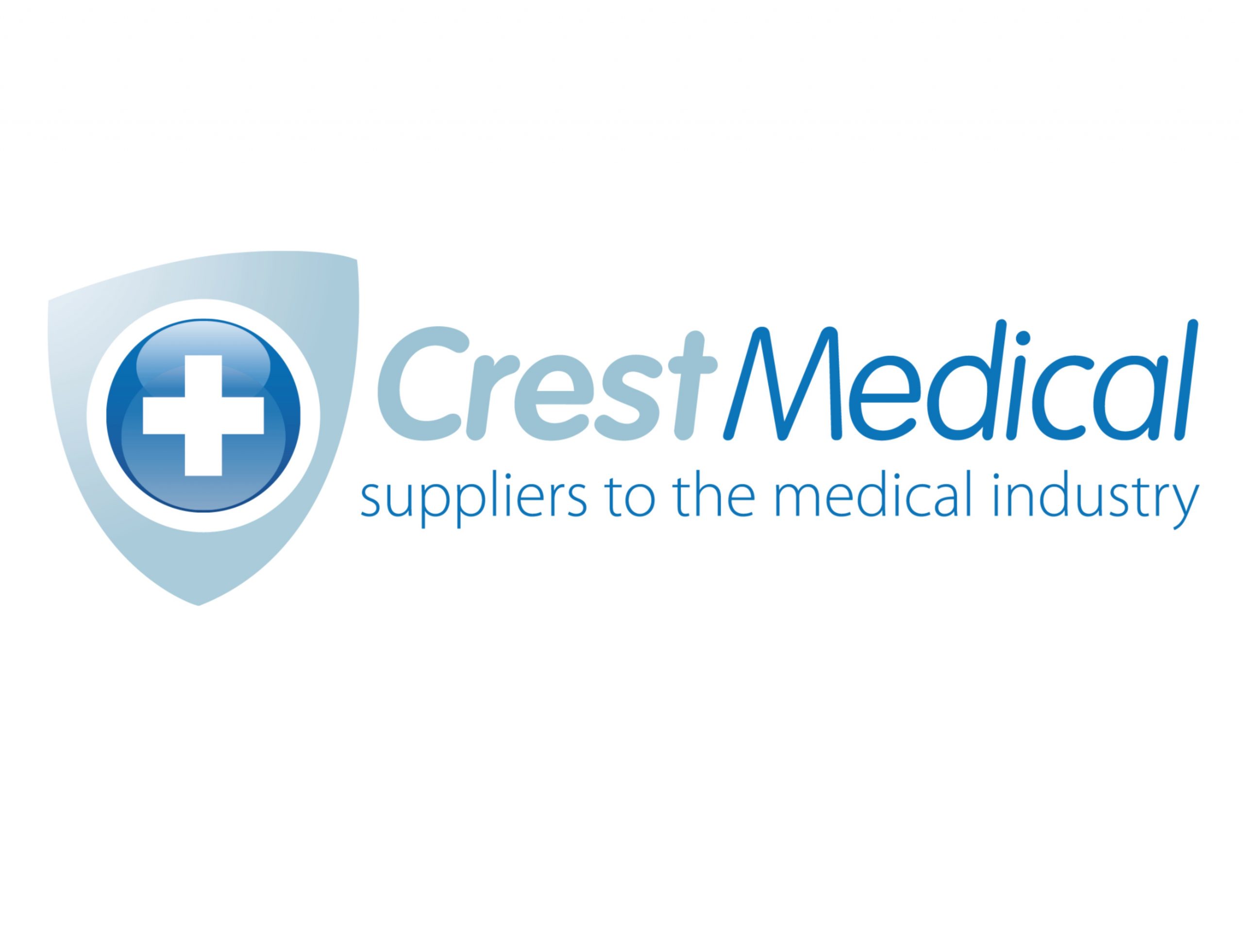



Guinness Asset Management (“Guinness”) has invested in Suntech UK (trading as “eFOLDi”). eFOLDi is a design, inventions and manufacturing company specialising in innovative and lightweight mobility devices created to transform lives. Winner of The British Invention of the Year Award, the Surrey based business has been built off the back of the industry-changing eFOLDi Folding Mobility Scooter (the lightest in it’s class) leading to two years of rapid sales growth. There are plans to launch an even lighter model this year. It is eFOLDi’s mission to build an iconic brand for people with reduced mobility symbolising freedom, friendship and fun! As part of the investment, Guinness Fund Manager, Ashley Abrahams, will join the board of directors alongside experienced Non-Exec Chairman, Kevin Ronaldson, who has over 40 years’ experience advising growing companies.
eFOLDi is led by its ambitious and driven CEO, Sumi Wang, who helped design the original folding mobility scooter with her father, Jianmin Wang. Together, they have designed a product that is the best in class for lightweight mobility scooters. They serve the rapidly expanding market of people with reduced mobility, whether through age or illness, who wish to maintain as much independence and flexibility as possible. The eFOLDi folds to the size of a suitcase, ideal for transport and storage, and provides customers of all ages with a new lease of life.
Ashley Abrahams, Fund Manager at Guinness, said: “Guinness is delighted to be supporting Sumi Wang and her team during this exciting time of growth, expansion, and new product development. eFOLDi has a unique proposition that can make a real improvement to customers’ lives with innovation at the core. Sumi and her team have been very successful in driving the company forward and we very much look forward to working with them as they embark on
the next stage of growth.”

Sumi Wang, CEO of eFOLDi, said: “We are extremely pleased to welcome Guinness onboard our exciting eFOLDi journey. Guinness is one of very few investors who has combined expertises in hardware manufacturing and personal mobility industries, and therefore will add tremendous value in the next stage of eFOLDi success. Personally I very much look forward to working with Ashley and the wider Guinness team – Together, we will take eFOLDi to a new horizon and beyond.”
Glen Waters, Head of Raise at PWC who advised on the investment, said: “We are pleased to have been able to support eFOLDi and Sumi Wang throughout this process. It is fantastic to see Guinness partner with the eFOLDi management team to support the next stage of the company’s development. We look forward to seeing the business realise its growth ambitions with Guinness’ support.”
Guinness was supported by Taylor Vinters LLP, Wilson Partners, and Glenesk Group.
eFOLDi was advised by PWC’s specialist SME Raise Team, supported by DWF LLP.

Published: 27th May 2020
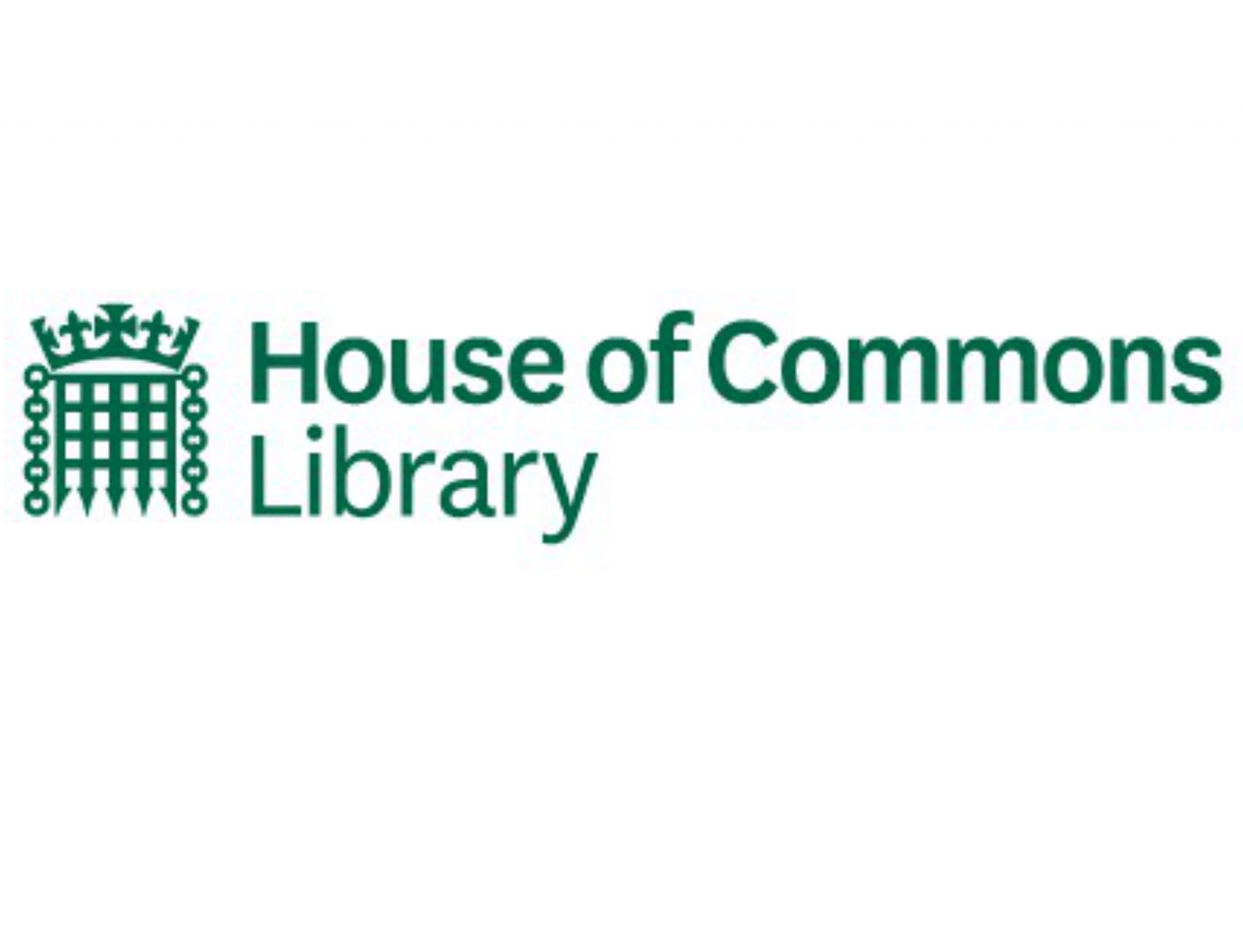
The EU and UK agreed a Political Declaration (PD) setting out the framework for the future EU-UK relationship, alongside the
Withdrawal Agreement (WA), on 17 October 2019. The October PD and WA revised the earlier PD and WA texts agreed by
Theresa May’s Government and the EU in November 2018.
Unlike the WA, the PD is a non-binding document and did not require ratification by either party. It set out parameters for the
negotiations, based on a set of joint commitments covering both an economic and security partnership and accompanying
governance arrangements. See the Commons Library Briefing Paper on the PD.
The EU’s negotiating position was set out in the directives adopted by the Council of the EU on the 25 February. This was
based largely on the proposed directives presented by the European Commission on 3 February, although there were some
amendments following consideration by the Member States. The EU’s position on certain key principles for the negotiations
was also clear from earlier statements by the President of the European Commission, Ursula von der Leyen, and chief
negotiator Michel Barnier. Slides published by the Commission in January 2020, and materials published by the Commission
to accompany the draft directives on 3 February, also provided more detail.
The UK Government published a command paper setting out its approach on 27 February. This elaborated on positions
previously set out in a House of Commons written statement by the Prime Minister on 3 February. Speeches by the
Prime Minister on 3 February and the UK chief negotiator David Frost on 17 February, and the statement by the Chancellor of
the Duchy of Lancaster Michael Gove following the publication of the command paper on 27 February also provided more
context and detail on the Government’s position.
The UK and EU positions going into the negotiations were summarised in the House of Commons Library briefing paper 8834,
The UK-EU future relationship negotiations: process and issues.
The European Commission published a draft future relationship treaty on 18 March which provides more clarity and detail on
its position. The UK has also tabled treaty texts covering the suite of agreements it is proposing. These were published on 19 May.
The positions of the UK and EU in the negotiations, based on the publicly available documents and statements prior to publication
of the UK texts on 19 May, are summarised in the attached tables.
The tables in the attached paper provide a summary of the UK and EU positions in the future relationship negotiations, based on
publicly available documents and statements.
Published: 20th May 2020
Source: House of Commons Library

The APPG on Housing and Care for Older People organises an Inquiry every two years. These have often taken forward the work begun
by the Housing for an Ageing Population Panel for Innovation (HAPPI); the last two inquiries have covered Rural Housing for an Ageing
Population (HAPPI 4) and Rental Housing for an Ageing Population (HAPPI 5) – All the recent APPG Inquiry reports can be found at: www.housinglin.org.uk/HAPPI
There are currently around 850,000 people with dementia in the UK, according to the Alzheimer’s Society. This is projected to rise to
1.6 million by 2040. Two thirds of these are not living in residential care but in their own accommodation, and our study will consider
the policies and practices that can enhance independence and quality of life.
For 2020, the Officers of the APPG have decided to establish an Inquiry on “Housing for those living with Dementia”.
Launched on 13 May 2020, there will be four Inquiry sessions over the course of this year. Expert ‘witnesses’ will present at each session.
These will cover dementia-friendly design/development of new homes, changes and adaptations to existing properties, ongoing input of
care and support, including consideration of innovations in technological support. We intend to produce a report in March 2021 which:
Published: 22nd May 2020
Source: Housing LIN
Page URL: https://www.housinglin.org.uk/Topics/browse/HousingandDementia/appg-inquiry-housing-and-dementia/

How to check the tariffs that will apply to goods you import when the UK Global Tariff takes effect on 1 January 2021.
From 1 January 2021, the UK will apply a UK-specific tariff to imported goods.
This UK Global Tariff (UKGT) will replace the EU’s Common External Tariff, which applies until 31 December 2020.
The government ran a consultation to inform development of the UKGT. Read the summary of public responses and
government response for full details.
The UKGT will apply to all goods imported into the UK unless:
It only shows the tariffs that will be applied to goods at the border when they’re imported into the UK.
It does not cover:
Some products are covered by a tariff-rate quota. This allows a limited amount of a product to be imported at a zero
or lower tariff rate.
The limit may be expressed in units of:
If this limit is exceeded, a higher tariff rate applies.
If there is a tariff-rate quota on your product, you can apply to import a limited amount at a reduced rate of customs
duty. Some tariff-rate quotas are only applicable to products imported from a specified country.
The government will publish further advice on tariff-rate quotas later in 2020. This will be based on the quotas in the
UK goods schedule at the World Trade Organization, published in draft in 2018.
Use the UK Global Tariff tool to check the tariffs that will apply to goods you import from 1 January 2021
You can search using:
You can download the full UKGT (csv: 2.5mb).
We have simplified and liberalised many tariffs on goods imported into the UK. Government amendments are
highlighted in the ‘change’ column in the UK Global Tariff tool.
‘Liberalised’ means the tariff has been reduced to zero.
‘Simplified’ means the tariff has been rounded down or ‘banded’. For some complex tariffs this means the tariff is now
expressed as a single percentage.
‘Reduced’ means the tariff has been lowered beyond the simplification measure.
‘Currency conversion’ means that tariffs have been converted at an exchange rate of €1 = 0.83687 GBP. After this
conversion, rates equal to or over £10 have been rounded down to the nearest whole pound. Rates under £10 have been
rounded down to the nearest 10 pence.
For more details on the exact changes and amendments read the government response to the consultation.
The tariff and VAT have been removed on some goods.
This will be reviewed throughout 2020 and will continue to apply in 2021 if necessary.
Find the tariffs which are subject to relief measures because of COVID-19.
Published: 19th May 2020
Source: GOV UK

BHTA members have been supporting the NHS and healthcare Services with supplies of PPE.
If you are experiencing shortages of equipment please contact our members to see if they can help you.
Published: 6th May 2020


BHTA member Jo Bonser of Health Care Services (HCSUK) decided to cheer up some Care Home Managers with some goody bags during Covid-19.
The goody bags included some branded merchandise, nail kits and wax melts. Sometimes the small thing in life can make a big difference to front line staff who are under extreme pressure at the moment.
Well done Jo!

Published: 5th May 2020

The Scottish Stoma Forum has worked tirelessly over many years to ensure the services provided to Scottish Stoma patients are maintained at the highest possible level.
The members of the Scottish Stoma Forum are:

Welcome to the Scottish Stoma Nurses community.
From their link below you will find useful links to relevant stoma care web pages as well as the contact information for all NHS stoma care services within Scotland.
Stoma Nurse Specialists are pathfinders who help guide patients to obtain an optimum quality of life. However, adapting to life with a stoma involves a number of physical and psychological challenges, and the partnership formed between a patient and a stoma nurse specialist is central to making this transition a successful one. The stoma nurse specialist therefore plays a key role in the rehabilitation process, by providing information, education, as well as encouragement and counselling for patients and their carers, all of whom have a diverse range of fears, needs and aspirations. The comprehensive holistic care provided by stoma care nurse specialists has become central to enabling stoma patients achieve their optimum quality of life.
There is a separate tab for Scottish Stoma Care Nurse Specialists where they can join as a member. This will be a place to find and share useful links or articles. You will find instructions on this page how to join (how to join this community).
*Internet users will not be able to see all areas of our community website unless they apply for first; an NHS Scotland Athens username and password and second; membership of our community. Similarly, those possessing an NHS Scotland Athens username and password will not be able to see any areas of our community unless they first apply for membership.
**Disclaimer: External websites; we are not responsible for the contents.
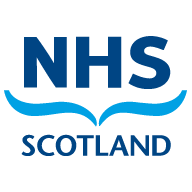
This document sets out the service standards to be met by all Dispensing Appliance Suppliers and Community Pharmacy Contractors for the purposes of being placed on a list of approved suppliers authorised to dispense and supply Stoma Appliances and associated services to patients in the community. This document also sets out the ongoing standards to be met by Dispensing Appliance Suppliers and Community Pharmacists for the purposes of remaining on that approved supplier list. Failure to continue to meet the standards set out in this service standards document, as assessed on behalf of Scottish Government by National Procurement, a division of the Common Services Agency, a statutory body constituted pursuant to the National Health Service (Scotland) Act 1978 and having its headquarters at Gyle Square, 1 South Gyle Crescent, Edinburgh, EH12 9EB (“Common Services Agency”) may result in such parties being removed from the list of approved suppliers.
This is a continuation of the arrangements previously sent out in 2016.

With the escalating incidence of coronavirus in the UK, it is essential that those working in our sector are fully aware
of the seriousness of COVID-19 and the risk to both our own lives and the public at large.
Whether operating or commissioning specialist or supported housing for older and vulnerable adults, ‘Info Hub’ is
split into three sections that signpost to relevant Housing LIN practice briefings, national government guidelines and
other useful information for our sector so you can be kept up-to-date of this rapidly evolving situation, access
support and take appropriate measures.
Visit other Health Intel topic pages for further resources on health and housing. There is also a simple-to-use online
Health Exchange functionality on this site where you can give a brief description of and post other documents you
have come across that you consider have aided your learning and are vital reading, both on coronavirus and health
and housing generally.
And with coronavirus putting incredible pressure on the way person-centred and/or property services are delivered
safely into the homes of people who have a care and support need, contact us to discuss how we may help you in
these uncertain times.
Published: 14th April 2020
Source: Housing LIN
Page URL: https://www.housinglin.org.uk/Topics/browse/HealthandHousing/coronavirus-info-hub/
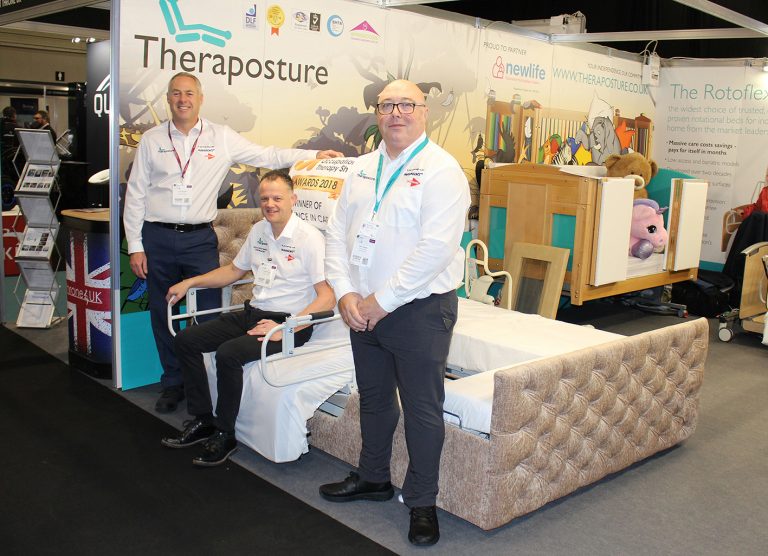

Theraposture, a respected supplier of specialist adjustable beds, chairs and care cots, continues to provide vital support to vulnerable individuals during the COVID-19 outbreak through its award-winning Rotoflex bed and enhanced services.
As suppliers of medical devices and assistive technology, Theraposture provides a vital and essential service and is able to continue operating safely. This market leading expert is recognised as an essential supplier and has the backing of the NHS, the BHTA and the major charities it works with.
The equipment that Theraposture provides is vital for ensuring customers remain independent at home and avoid residential care settings. For example, by using the Rotoflex Bed it is likely that less external help is needed for bed transfers and therefore the risks of spreading the Coronavirus are massively reduced.
The patented Rotoflex is a specialist bed that will safely and consistently help users get into bed, get out of bed and to stand up without the need of hoisting, stand aids or carers. The Rotoflex takes the user from a seated position to a lying position at the touch of a button. Equally the bed also helps users from a lying position to a seated position from where they can be safely helped to their feet. Vertical lift technology can then raise users, so they achieve a safer standing transfer intentionally without being tipped forward. This proven and trusted product provides independence, and as a result reduces the need for carer givers.
Liam Braddell, Theraposture Sales Director comments: “Our mission is always to provide independence, care and
comfort at home through quality and proven adjustable beds, chairs and care cots. This ethos is now more relevant
than even before with social distancing, isolation and shielding to beat the spread of Coronavirus. Our solutions are
designed to help individuals stay at home safely and with peace of mind – with the ability to reduce or eliminate care
costs. With the increased risk of infection between clients and carers, the need for products that facilitate mobility at
home is imperative.”
Theraposture has introduced enhanced COVID-19 focused protocols and services so that its assistive products are
still available to individuals who are at increased risk because of the need for carers coming into their homes.
Many users of Theraposture products live with Multiple Sclerosis and Parkinson’s. These progressive debilitating
conditions can make daily tasks like beds transfers difficult and sometimes dangerous. With a solution such as the
Rotoflex bed, the immediate and future needs and risks are fully met. This means that users could avoid residential
care, hospital stays and the need for care packages. In addition, without appropriate and effective assistive
equipment in the home, the risk of injury from falls is increased which can lead to undue pressure on the NHS.
This furthers the risk of infection from COVID-19 hence Theraposture is continuing to provide products and
equipment servicing if requested and where appropriate.
Theraposture’s key workers are operating with utmost caution and protection as per the government’s latest
guidance which is continually reviewed. New services have been introduced such as group video client
assessments which support end users and Occupational Therapists so duty of care can be maintained.
Liam concludes: “We continue to receive high numbers of calls from existing and potential new customers seeking
solutions for increased safety at home. Our Rotoflex bed is an exemplary product that delivers a proven alternative
to domiciliary care and relocation to residential or nursing care. Add to this our comprehensive OT-led advice and
partnership with Parkinson’s UK, we are helping to support the NHS and reduce unprecedented pressures on social care.”
Published: 17th April 2020
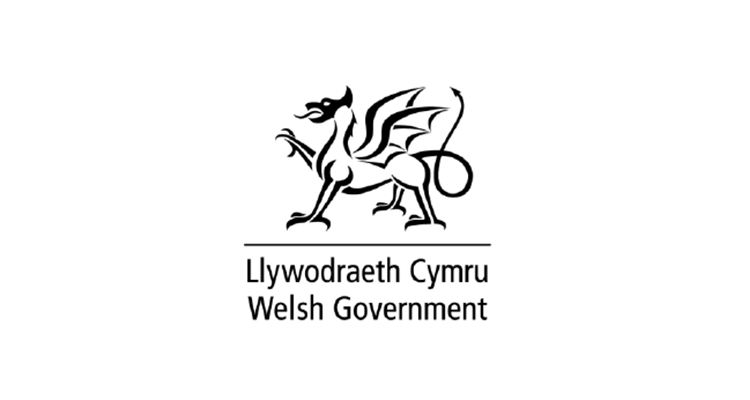
Business Wales
In response to the COVID-19 outbreak the Welsh Government has announced almost £2bn of support for businesses
in Wales, in addition to the support provided by the UK Government.
Due to unprecedented demand Welsh Government has released a further and final £100 million into phase 1 of the
COVID-19 Economic Resilience Fund.
There are packages of support are designed to cover as much of the Welsh Economy as possible, and are mainly
focused around providing financial support for businesses, as detailed in the links on the Business Wales website,
however business advisory support is available online through the Business Wales service to assist you with financial
planning and recovery when the outbreak ends, and businesses start to consider their recovery.
The COVID-19 Business Support Eligibility Checker will take you through what support is available for your specific type
of business, and there are useful resources available in the FAQ and Useful Resources section to simply identify what
type of support is available.
This is an incredibly difficult time for the whole of the Welsh economy, the support that Government is providing is
designed to support as many businesses as possible through the outbreak.
Provision of Critical Equipment and Personal Protection Equipment (PPE)
The Welsh Government is working closely with business and industry to get supplies of critical equipment including
cleaning products and PPE to front line workers facing shortages during the COVID 19 outbreak.
If you feel you can contribute, information on how to engage is available here.
Source: Welsh Government, Business Wales
Page URL: https://businesswales.gov.wales/coronavirus-advice/
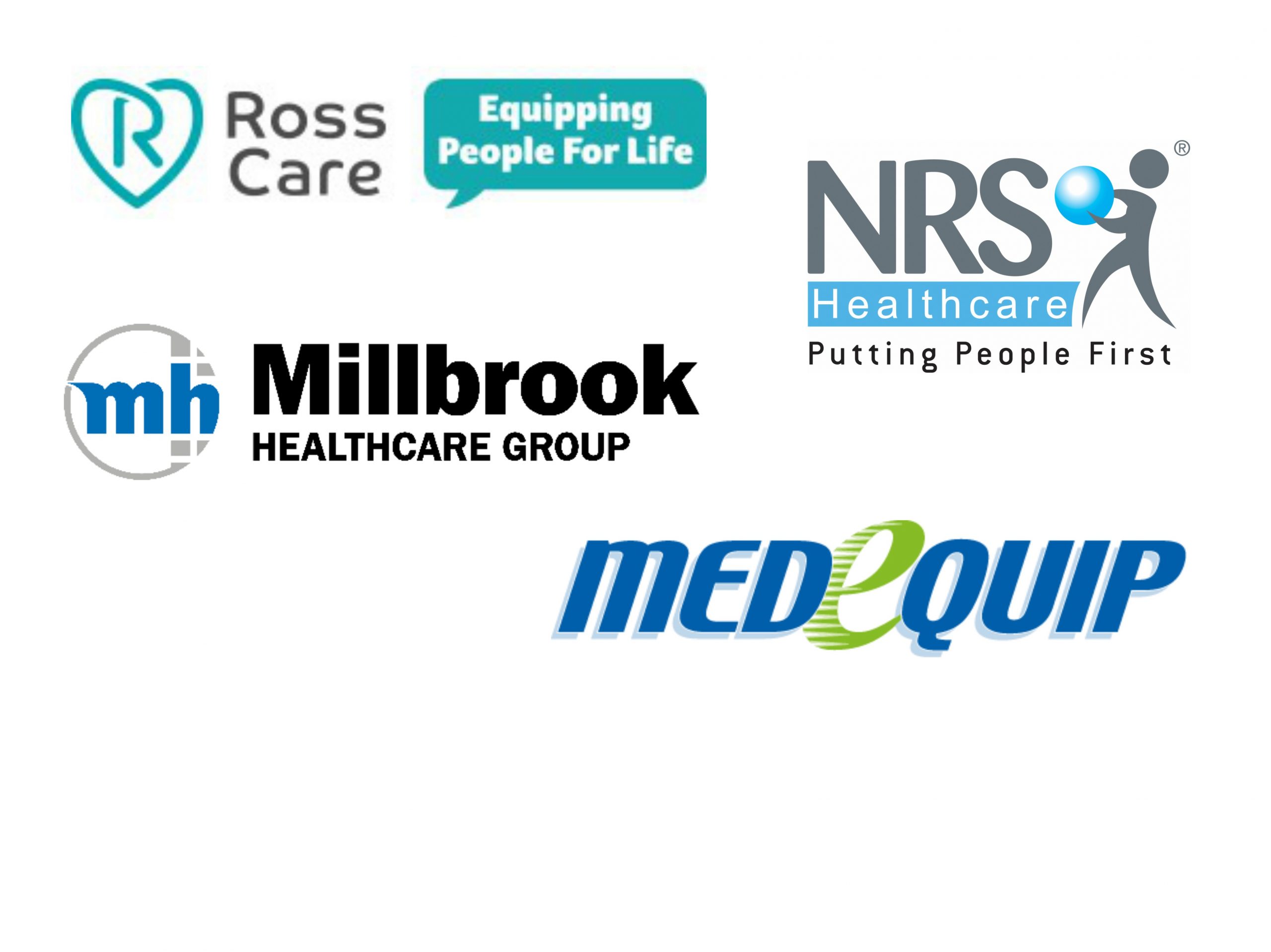
We are facing an unprecedented public health crisis, where only cooperation, understanding and resourcefulness will
help to maintain our vital services. Following detailed discussions Medequip Assistive Technology, NRS Healthcare,
Millbrook Healthcare, Ross Care and the British Healthcare Trades Association (BHTA) have agreed to work closely
together to maximise continuity for local authorities and the NHS throughout the current Covid-19 crisis.
Optimising, planning and sharing information to ensure these organisations are able to provide maximum support for
their services, senior directors from each business are now holding weekly conference calls to discuss key areas such
as activity levels, geographical pressures and availability of qualified staff.
These levels of inter-company cooperation are designed to ensure best practice to maximise service user and
employee protection, and will deal with the management of key equipment and PPE availability as well as specific area
service continuity responses.
They are also extending to best practice utilisation of staff from other providers within geographic regions, such as
individuals who have been furloughed and kept on payroll, and also potentially providing assistance to vulnerable
groups with food and medicine distribution. This work is further enhanced by engagement with specialist teams set up
by the NHS and local authorities across the country.
Working closely together, the five organisations are totally committed to ensuring safe continuity of service provision
for the most vulnerable people in our communities.
Dr Simon Festing
Chief Executive Officer
British Healthcare Trades Association
Published: 26th March 2020

The focus of the CMA (Competition & Markets Authority) in the next few months will be to protect UK consumers from the adverse consequences of the COVID-19 pandemic to the greatest extent possible.
The CMA is conscious of concerns that competition law enforcement could impede necessary cooperation between businesses to deal with the current crisis and ensure security of supplies of essential products and services.1
Competition typically benefits consumers by spurring businesses to offer lower prices, better service and higher quality. Competition law exists to make sure that businesses do not limit competition to the detriment of consumers. For example, there is a prohibition in competition law on agreements and arrangements between businesses that restrict competition.2This prohibits businesses from colluding or cooperating to limit competition – for example by agreeing to increase prices or to divide up markets or customers amongst themselves.
Throughout the UK, businesses are assisting in national and local efforts to tackle the consequences of the COVID-19 pandemic, from providing essential goods and services to consumers, to ensuring key workers can carry out their important tasks in getting the country through this crisis.
The CMA understands that this may involve coordination between competing businesses. It wants to provide reassurance that, provided that any such coordination is undertaken solely to address concerns arising from the current crisis and does not go further or last longer than what is necessary, the CMA will not take action against it.3
This guidance sets out:
At the same time, the CMA will not tolerate conduct which opportunistically seeks to exploit the crisis. Therefore, this guidance also explains when the CMA will take enforcement action to prevent consumer detriment.
The impact of the COVID-19 pandemic continues to evolve. So too may the issues faced by businesses as they participate in efforts to mitigate the effects of the pandemic, and also the types of exploitative behaviour that cause consumer detriment. The CMA will continue to monitor the current situation and may update this guidance as and when it becomes necessary to do so in order to provide maximum clarity and certainty for businesses.
This guidance should not be interpreted as applying to any matter other than those relating strictly to, or arising directly out of, the COVID-19 pandemic. The CMA will give notice on its webpage withdrawing this guidance when it considers that it is no longer necessary.
The CMA’s Annual Plan for 2020 / 2021 is clear that the CMA intends to ‘sharpen [its] focus on what matters to consumers’ so that its ‘interventions deliver impact where it is most needed’. The CMA has also pledged to ‘improve how [it] choose[s] which problems to take on’ with ‘[p]rotecting consumers, including in particular those in vulnerable circumstances’ a key strategic objective for the organisation.
These principles apply equally in a crisis such as the present one: the CMA’s work should be focussed on what matters most to consumers.
The current extraordinary situation may trigger the need for companies to cooperate in order to ensure the supply and fair distribution of scarce products and/or services affected by the crisis to all consumers. Where temporary measures to coordinate action taken by businesses:
This does not give a ‘free pass’ to businesses to engage in conduct that could lead to harm to consumers in other ways. The CMA will not tolerate unscrupulous businesses exploiting the crisis as a ‘cover’ for non-essential collusion. This could include, for example:
In applying this approach to enforcement during the current crisis, the key factor for the CMA will be the potential for the coordination to cause harm to consumers or to the wider economy. Where the coordination is necessary, for example, to ensure that essential supplies find their way to consumers or that key workers can travel safely to their place of work it is highly unlikely that it would cause harm to consumers. This applies even if the coordination leads to a reduction in the range of products available to consumers, provided that reduction is necessary to avoid supply shortages of the relevant product in the first place.
It is of the utmost importance to ensure that the prices of products or services considered essential to protect the health of consumers in the current situation (for example, face masks and sanitising gel) are not artificially inflated by unscrupulous businesses seeking to take advantage of the current situation by colluding to keep prices high6 or, if they have a dominant position in a market7, by unilaterally exploiting that position.8
Manufacturers can also take steps themselves to help combat ‘price gouging’ or excessive pricing. Manufacturers setting maximum prices at which retailers may sell their products is not unlawful.9 Manufacturers may therefore directly address price gouging by setting maximum prices for the retail of their products.
The CMA wishes to offer additional information in this guidance to businesses about how the CMA will apply the legal criteria for exemption from the prohibition on agreements and arrangements restrictive of competition10 in the specific circumstances of this crisis.
Under section 9 of the Competition Act 1998 (set out in the Annex to this guidance), an agreement that restricts competition is exempt from the prohibition on agreements and arrangements restricting competition if it meets all the following criteria:
Agreements are automatically exempt from the prohibition on agreements and arrangements between businesses restricting competition if all these criteria are fulfilled. Businesses need to assess for themselves whether these exemption criteria apply: the CMA does not have the power to make a formal ‘clearance’ decision to that effect.
To assist businesses in more confidently making their own assessment in the specific circumstances of the COVID-19 pandemic, the CMA offers the following guidance:
Overall, the types of coordinated actions that, in the exceptional circumstances of the COVID-19 pandemic:
This guidance covers only the approach the CMA intends to adopt to public competition law enforcement during the COVID-19 pandemic. It does not bind the European Commission11 in its application of EU competition law in the UK. The CMA cannot offer protection against private litigation brought by third party litigants for perceived breaches of UK competition law.12 Businesses may wish to seek legal advice as to any potential exposure they might face in this regard.
The CMA hopes that this guidance will answer most questions that businesses and stakeholders might have in respect of the CMA’s competition law enforcement activities during the crisis. However, in certain cases where businesses and their legal advisers remain genuinely uncertain about the legality of the actions they propose to take, and the matter is of critical importance, the CMA will be prepared to offer additional, informal guidance about our enforcement priorities on a case-by-case basis, to the extent that this is possible given current CMA staffing constraints.
Exempt agreements
(1) An agreement is exempt from the Chapter I prohibition if it—
(a) contributes to—
(i) improving production or distribution, or
(ii) promoting technical or economic progress, while allowing consumers a fair share of the resulting benefit; and
(b) does not—
(i) impose on the undertakings concerned restrictions which are not indispensable to the attainment of those objectives; or
(ii) afford the undertakings concerned the possibility of eliminating competition in respect of a substantial part of the products in question.
(2) In any proceedings in which it is alleged that the Chapter I prohibition is being or has been infringed by an agreement, any undertaking or association of undertakings claiming the benefit of subsection (1) shall bear the burden of proving that the conditions of that subsection are satisfied.
Read all of our updates about COVID-19, and how the CMA is responding to the ongoing outbreak on our dedicated COVID-19 response page.
© Crown copyright 2020 You may reuse this information (not including logos) free of charge in any format or medium, under the terms of the Open Government Licence.
To view this licence, visit www.nationalarchives.gov.uk/doc/open-government-licence/ or write to the Information Policy Team, The National Archives, Kew, London TW9 4DU, or email: psi@nationalarchives.gsi.gov.uk.
Published: 25th March 2020
Source: GOV UK
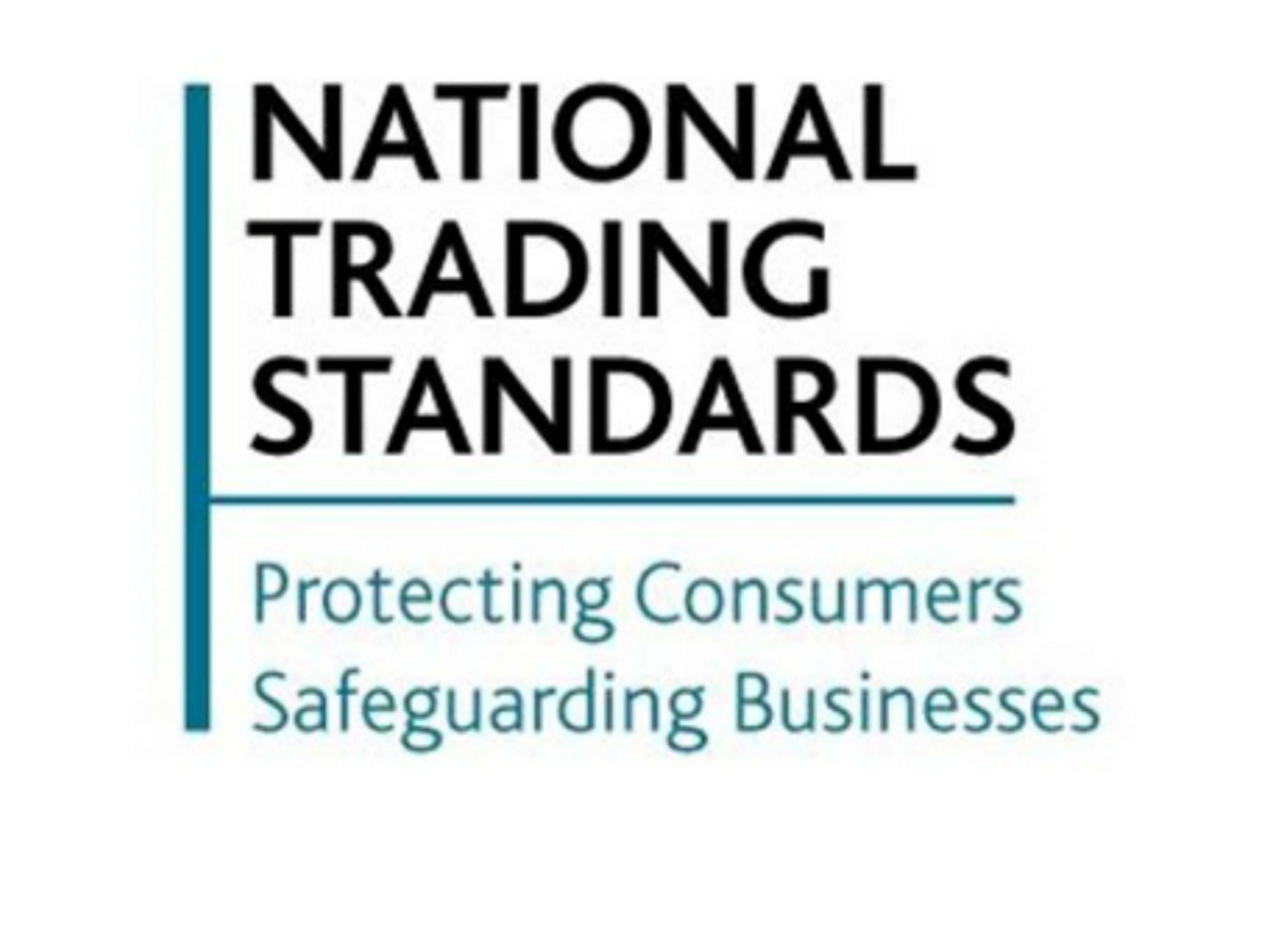
Unscrupulous criminals are exploiting fears about COVID-19 to prey on members of the public, particularly older and vulnerable
people who are isolated from family and friends. National Trading Standards is warning people to remain vigilant following a rise
in coronavirus-related scams that seek to benefit from the public’s concern and uncertainty over COVID-19.
Members of the public should ignore scam products such as supplements and anti-virus kits that falsely claim to cure or prevent
COVID-19. In some cases individuals may be pressurised on their own doorsteps to buy anti-virus kits or persuaded into
purchasing products that are advertised on their social media feeds. In addition, some call centres that previously targeted UK
consumers with dubious health products are now offering supplements that supposedly prevent COVID-19.
Communities are also being urged to look out for signs of neighbours being targeted by doorstep criminals. While there are
genuine groups of volunteers providing help during self-isolation, there have been reports of criminals preying on residents –
often older people or people living with long-term health conditions – by cold-calling at their homes and offering to go to the
shops for them. The criminals often claim to represent charities to help them appear legitimate before taking the victim’s money.
There are genuine charities providing support, so consumers should be vigilant and ask for ID from anyone claiming to represent
a charity.
COVID-19 scams identified include:
Doorstep crime
Online scams
Refund scams
Counterfeit goods
Telephone scams
Donation scams
Loan sharks
“At a time when neighbourhoods and communities are coming together to support each other, it is despicable that heartless
criminals are exploiting members of the public – including some of our most vulnerable citizens – to line their own pockets. I urge
everyone to be on their guard for possible COVID-19 scams and to look out for vulnerable family members, friends and neighbours
who may become a target for fraudsters.
“We’re calling on communities to look out for one another. If you see anything suspicious, report it to Action Fraud or to speak to
someone for advice, contact the Citizens Advice Consumer Service.”
People are being encouraged to protect their neighbours by joining Friends Against Scams, which provides free online training to
empower people to take a stand against scams. To complete the online modules, visit www.friendsagainstscams.org.uk.
National Trading Standards is also issuing urgent advice to help prevent people falling victim to COVID-19 scams through its
Friends Against Scams initiative:

“As people stay indoors to prevent the spread of COVID-19, criminals are preying on people in vulnerable situations who are
isolated and living alone. There’s never been a more important time for neighbours to look out for each other – particularly as we
self-isolate – which is why we’re encouraging communities to prevent scams in their local area by using the free Friends Against
Scams resources.
“Our online courses will help you spot a potential scam, identify people at risk and help you protect local residents from falling
victims to scams. We’re urging communities to protect each other from scams and encourage people to share the latest advice
with families, friends and neighbours.”
Members of the public are being urged to keep in contact with family members regularly and inform them of the most prolific
scams and the possible dangers to them. If you or someone you know has been a targeted by a scam you should report it to
Action Fraud online at www.actionfraud.police.uk/ or by calling 0300 123 2040. For advice and information on how to check if
something might be a scam, visit: www.citizensadvice.org.uk/consumer/scams/check-if-something-might-be-a-scam/.
“We’re warning consumers to be extra vigilant about potential scam ads that appear during the coronavirus crisis. Bogus operators
often use these situations to prey on people’s fears and exploit their health-related anxieties, in particular by peddling products with
misleading and sometimes dangerous health claims.
“Consumers who see ads, whether online, in newspapers, social media, posters or elsewhere, that claim to offer cures or
treatments for coronavirus should be highly sceptical.
“We’re working with a range of partners, including National Trading Standards and Citizens Advice, to tackle rogue businesses and
providing consumers with advice to help them avoid falling victim to coronavirus related scams. We encourage anyone who sees
these types of claims to pause, think and report it.”
Published: 24th March 2020
Source: National Trading Standards
Page URL: https://www.nationaltradingstandards.uk/news/beware-of-covid19-scams/

Due to the current situation in London, the Government and Transport for London advice,
we have taken the decision to close BHTA offices today.
We will do our best to continue providing our services as normal. The BHTA is responding
to a wide range of member requests on all aspects of the current coronavirus crisis.
Please continue to let us know your most pressing concerns, and we will seek to respond.
However, it may be some time before we can get answers from hard-pressed civil servants.
We regret this means we are currently unable to deal with any incoming post and our phone
line is unmanned. We apologise for the inconvenience this may cause. If you have any
issues contacting a member of staff then please email the bhta@bhta.com address instead.
Dr Simon Festing, CEO BHTA
Published: 19th March 2020

In light of the news that school closures have already started, the BHTA has appealed to government to clarify the definition
of “key workers”, and to include the medical device and assistive technology sector. BHTA has today written to DHSC,
MHCLG, NHS England and Local Government to urgently seek greater clarity.
The healthcare industries provide services which will be vital as the NHS comes under ever greater pressure. Beds will need
to be released as quickly as possible and patients returned to their own homes where they can be kept safe and allowed to
live independently. Members of our association are likewise involved in manufacturing key medical products and deliver
services such as decontamination of medical devices.
Some members companies of the Association have identified that up to 40% of their service/production work force would
have difficulty in continuing to attend to work which will then have a severe impact on their ability to continue to deliver
these services to the NHS.
Clarity is also sought over what are deemed essential products and services. Products in this sector range from profiling
beds needed urgently by hospitals, through to stoma and urology devices needed by patients both in hospital and at home,
and to items such as stairlifts, bathlifts, and wheelchairs. It is vital that these continue to be delivered, installed,
decontaminated, and repaired, for the safe care of patients in hospitals and care homes, and the safety of very vulnerable
members of the public in their own homes.
Manufacturers, suppliers and service providers are all putting appropriate measures in place to keep their staff and their
customers safe, but will need assistance, if key staff have had to self-isolate, in determining whether they can resume their
duties. Extension of testing to this sector will help immeasurably in ensuring continuity of supply to the NHS and to vulnerable
people, as will an assurance that they will be able to access protective garments such as masks to enable them to fulfil their duties.
Dr Simon Festing
CEO – British Healthcare Trades Association
Published: 19th March 2020

NHS Prescription Services produces the Drug Tariff on a monthly basis on behalf of the Department of Health and Social Care. It’s supplied primarily to pharmacists and GP practices.


Medical professionals will often use certain vocabulary and acronyms that you may not always understand, here’s a document with some Healthcare terminology and acronyms to help you keep in the loop.
Published: 11th March 2020
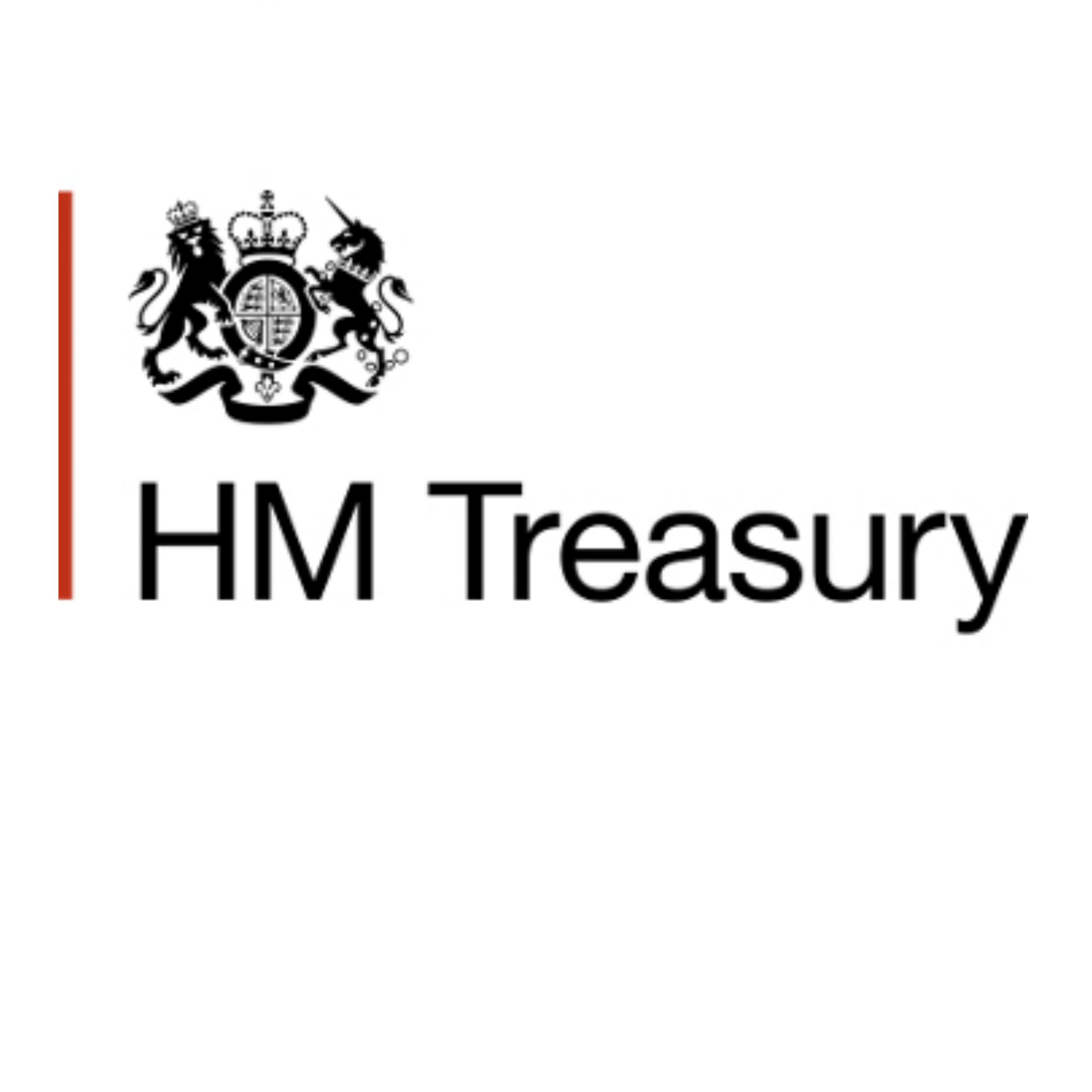
Chancellor, Rishi Sunak MP, will be announcing a £30 million investment for Changing Places toilets in the Budget
on Wednesday 11th March. The new Changing Places Fund will see the Government match fund the costs of
installing Changing Places toilets in existing buildings in England.
The Changing Places Consortium strongly welcome this news and know what a huge impact it will have for every
person that depends on these vital toilets to live their lives without worrying when they will be able to access a toilet
that meets their needs.
The Changing Places Consortium and Changing Places toilet campaigners met with Rishi Sunak and Government
officials back in 2018 and 2019 to discuss how the Government could help increase Changing Places toilet provision.
Rishi Sunak is also expected to confirm that Changing Places toilets will be compulsory in new public buildings by
the end of the year. This follows the Government consultation last year.
This will mean more disabled people can go out, shop, and socialise without worrying about a lack of toilets.
Changing Places toilets have more room than a standard accessible toilet, with specialist equipment such as an
adult-sized changing bench and a hoist system.
Chancellor of the Exchequer, Rishi Sunak said:
“Where people shop, go out, or travel should not be determined by their disability. Yet, currently the lack of the right
facilities can prevent some people from enjoying the day-to-day activities many of us take for granted. I want to change
that, which is why my Budget this week is about spreading opportunity, not only across different parts of the country,
but also throughout our communities.”
The Government will set out further details on the Changing Places toilet Fund in due course. We will share more
details as soon as we have them. The Consortium will work closely with the Government to identify those sectors where
the provision of Changing Places toilets needs to be accelerated.
Published: 11th March 2020
Source: Changing Places
Page URL: http://www.changing-places.org/news/_budget_2020_%c2%a330m_boost_for_changing_places.aspx


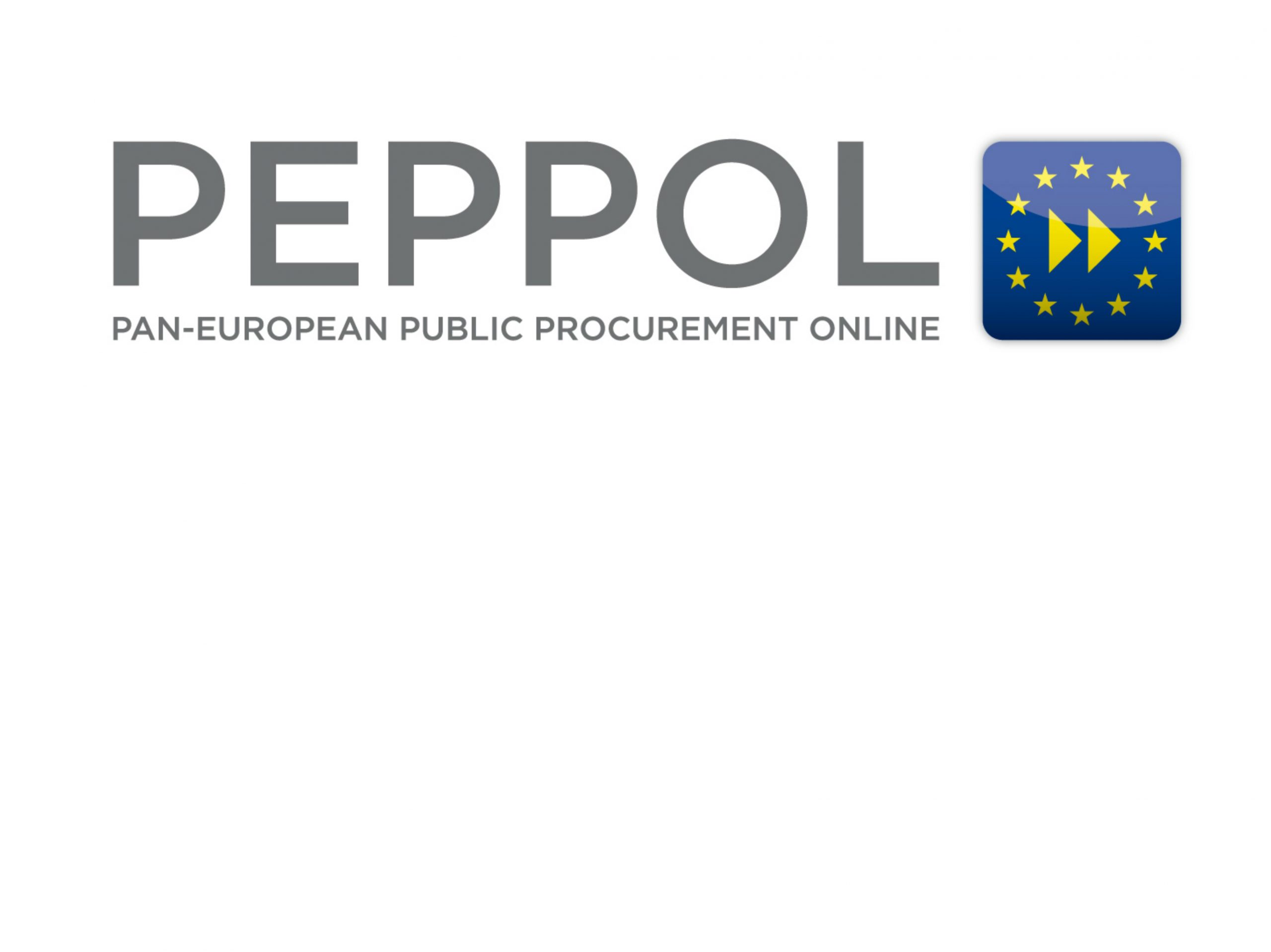

GS1 is a global language for doing business. It is a set of uniform data structures that enable the unique coding of assets, people and places. The most common example of GS1 standards in action is the barcoding on products in a supermarket. However, the aerospace and automative industries are among those who also rely on data standards to track finished products and component parts from source to point of use.

Discover how GS1 has used the barcode to help make a difference in retail, online, food service and healthcare in our short animation.
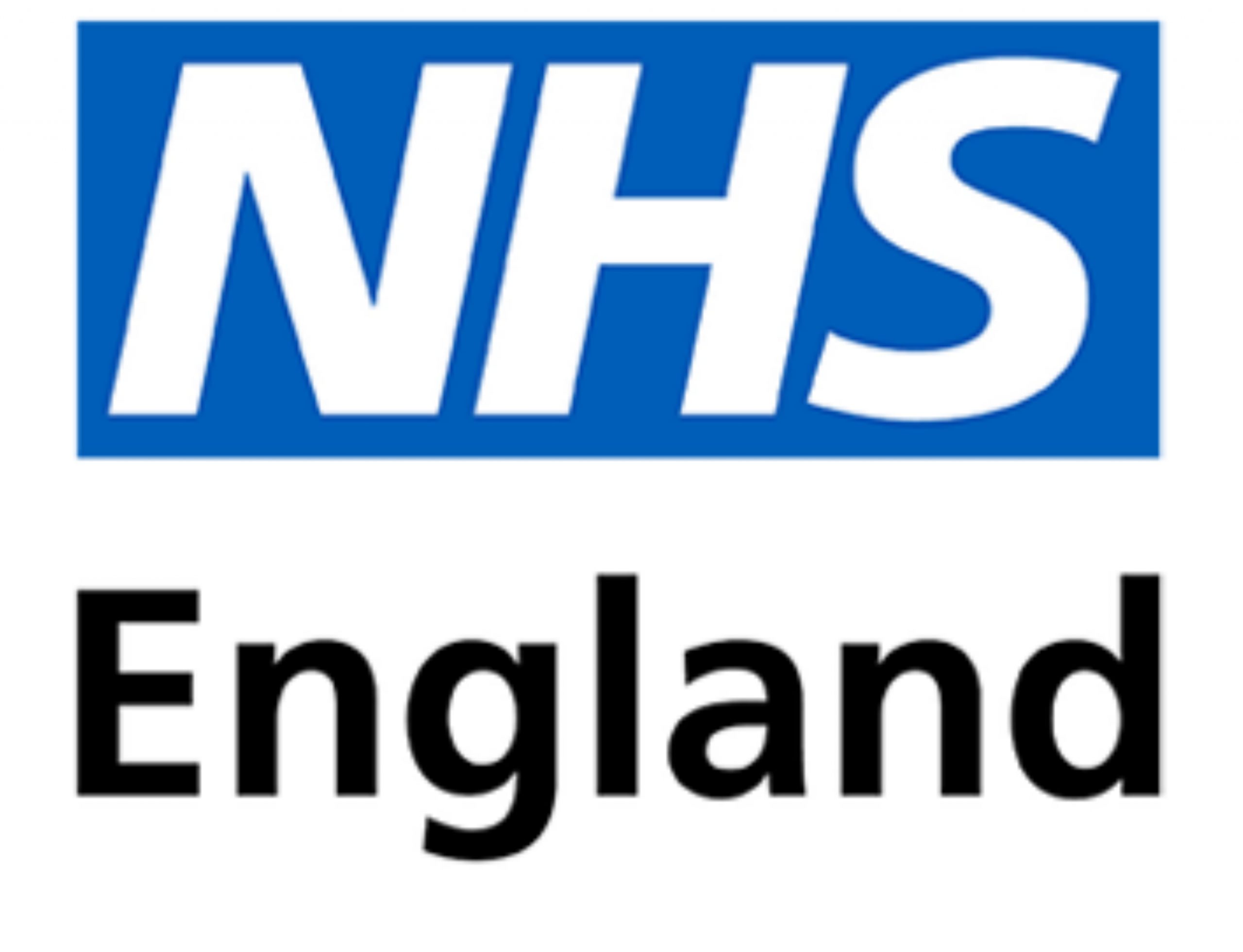
Health and Conditions A – Z.

Words and phrases we use to make our content about health and the NHS easy to understand.
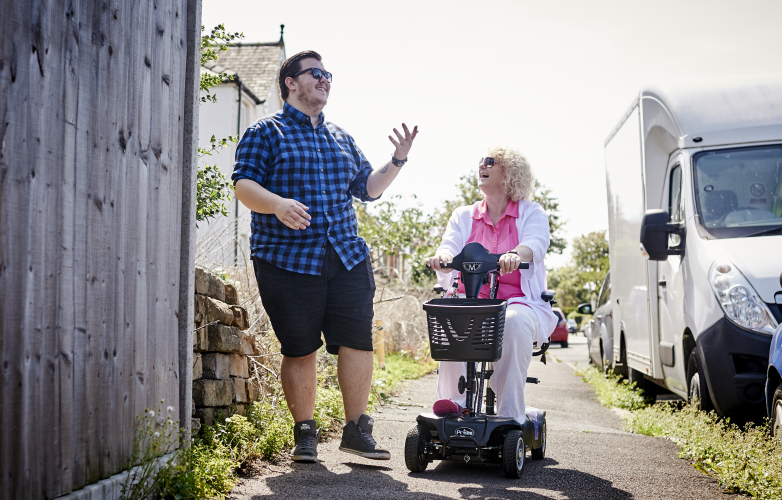

Firstly, think about the class and size of mobility scooter you want.
Ask yourself:
Answering these questions can help you decide whether you want a class 2 or a class 3 scooter.
In law, mobility scooters are divided into class 2 and class 3 vehicles based on where they’re intended to be used.
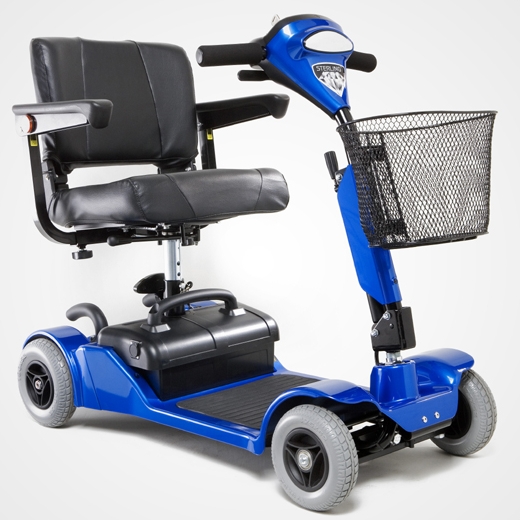
Class 2 mobility scooters can only be used on footpaths, pavements, and when crossing roads. They have a maximum speed of 4mph (6.4kph).
Key features of class 2 scooters:

Class 3 mobility scooters can be used on roads and pavements. The maximum speed limit of these vehicles is 4mph on the pavement and 8mph (12.8kph) on the road. You must be 14 years old or over to drive a class 3 vehicle.
Key features of class 3 scooters:
Mobility scooters vary in length, width and height, so ask yourself:
The scooter’s ‘turning radius’:
A small scooter with a small turning radius is easier to use indoors.
Scooters with three wheels have a smaller footprint and are easier to manoeuvre, but they may be less stable than four-wheelers.
There are often size and turning radius restrictions when travelling on public transport – see our Travelling with a mobility scooter section.

Fraudsters are exploiting the spread of COVID-19 coronavirus to facilitate various types of fraud and cyber crime.
Published: 6th March 2020
Source: City of London Police

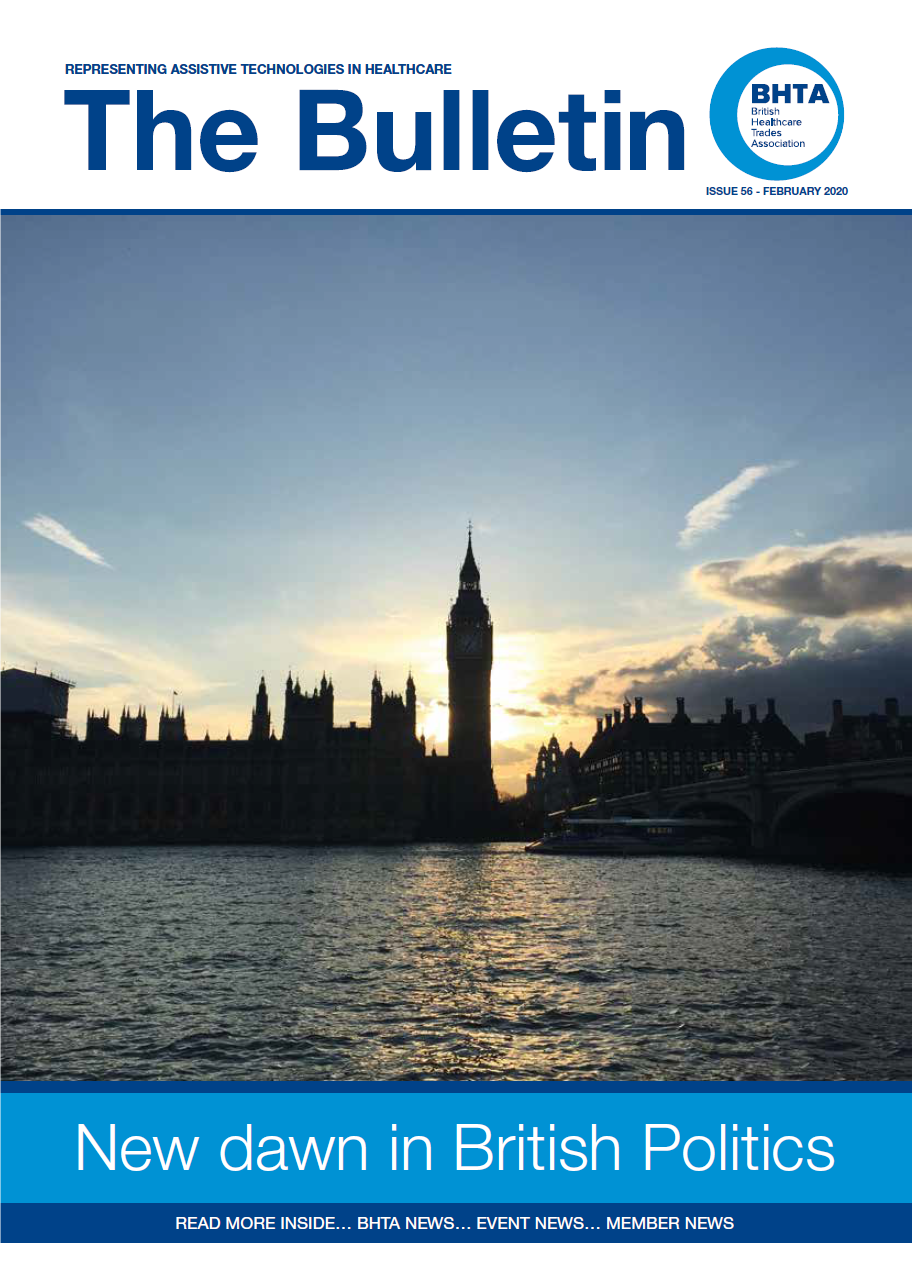
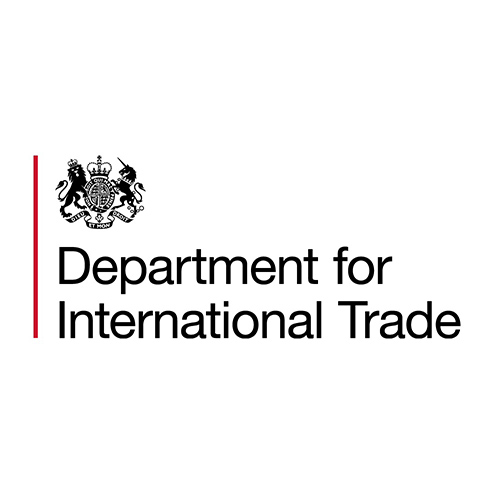
Find out which trade agreements the UK is negotiating and which trade agreements the UK has already signed.
The UK is seeking trade agreements with our major trading partners.
The UK is also seeking to reproduce the effects of existing EU trade agreements for when they no longer apply to the UK.
These are called continuity agreements.
Trade agreements set out the rules that cover trade between 2 or more countries. They aim to make trading easier between
those countries. They do this by reducing the restrictions on imports and exports between them.
Find out more about trade agreements
The UK has left the EU. We are now able to negotiate, sign and ratify new trade agreements. These can come into force
after 31 December 2020.
The UK’s priority is to launch negotiations with the EU, the US, Australia, New Zealand and Japan.
The government is continuing its programme of work to reproduce effects of existing EU trade agreements. It is also
considering joining the
Comprehensive and Progressive Agreement for Trans-Pacific Partnership (CPTPP).
The approach to the Future Relationship with the EU
The UK’s trade negotiations with the US
Public engagement
The government is engaging with stakeholders to inform the UK’s trade policy and negotiations.
The government has run consultations on potential future trade agreements with the US, Australia, New Zealand and a call for
input on a potential agreement with Japan.
It has also consulted on the government’s intention to potentially join the CPTPP.
The government has established the Strategic Trade Advisory Group and a network of Expert Trade Advisory Groups to support
the development of our trade policy and negotiations.
Trade with the Comprehensive and Progressive Agreement for Trans-Pacific Partnership
Until 31 December 2020, EU agreements can continue to apply to the UK. The UK is seeking to reproduce the effects of
existing EU trade agreements for when they no longer apply to the UK.
Agreements that have been signed are expected to take effect from 1 January 2021.
Existing UK trade agreements with non-EU countries
Published: 2nd March 2020

Michael Gove made a statement in the Chamber on the Government’s (27th February 2020) approach to negotiations with the EU on the future relationship, with a policy paper published summarising their plans.
Talks with the EU on our future relationship will begin and the government’s aim is to secure a comprehensive free trade agreement as well as agreement on questions such as fisheries, internal security and aviation.
Oral statement to Parliament –

With your permission, Mr Speaker, I would like now to make a statement on the Government’s approach to our Future Relationship with the European Union.
Now that Britain has left the EU we are entering a new chapter in the history of these islands.
This Government has honoured the clearly expressed wish of the British people. Their instruction to us, their servants, to secure our departure from the EU has been followed. The votes of 17.4 million people – more than have ever voted for any democratic proposition in our history – were implemented on January 31 and we are now on a new journey.
As a sovereign, self-governing, independent nation we will have the freedom to frame our own laws, control our own borders, lower all our taxes, set our own tariffs, determine our own trade relationships and ensure we follow the people’s priorities on security, the economy and democratic accountability.
Over the next nine months we will negotiate a new relationship with our friends and partners in the EU based on free trade and friendly co-operation. We have today published the approach for those negotiations and copies of the document – The Future Relationship with the EU – were made available to Members in the Vote Office from 9.30 am.
Talks with the EU on our future relationship begin next week and it is our aim to secure a comprehensive free trade agreement as well as agreement on questions such as fisheries, internal security and aviation.
We are confident that those negotiations will lead to outcomes which work for both the UK and the EU. But this House, our European partners and, above all, the British people should be in no doubt: at the end of the Transition Period, on the 31 December, the United Kingdom will fully recover its economic and political independence. We want the best possible trading relationship with the EU but in pursuit of a deal we will not trade away our sovereignty.
The Government’s vision for the UK’s future relationship with the EU was outlined with crystal clarity by the Prime Minister during the general election campaign, and the election result comprehensively confirmed public support for our direction of travel. And in his speech in the Painted Hall in Greenwich on February 3rd, the Prime Minister laid out in detail how we will reach our destination.
The first principle of our approach is that we wish to secure a relationship based on friendly cooperation between sovereign equals. We respect the EU’s sovereignty, autonomy and distinctive legal order, and we expect them to respect ours.
We will not accept nor agree to any obligations where our laws are aligned with the EU or the EU’s institutions, including the Court of Justice.
Instead, each party will respect the other’s independence and the right to manage its own borders, immigration policy and taxes.
The second, and allied, principle of our approach is that we will seek to emulate and build on the types of relationship that the EU already has with other independent sovereign states.
We will use precedents already well established and understood to ensure both sides’ sovereignty is respected. And by using already existing precedents we should be able to expedite agreement. We will seek functioning arrangements the EU will recognise from its many other relationships.
So our proposal draws on existing EU agreements such as the Comprehensive Economic Trade Agreement with Canada, the EU/Japan Economic Partnership Agreement and the EU/South Korea Free Trade Agreement.
This approach will enable us to move swiftly towards the goal envisaged in the Political Declaration agreed last October, in which both sides set the aim of concluding a ‘zero tariffs, zero quotas’ Free Trade Agreement, or FTA.
And as well as concluding a full FTA, we will require a wholly separate agreement on fisheries. We will take back control of our waters, as an independent coastal state, and will not link access to our waters to access to EU markets. Our fishing waters are our sovereign resource and we will determine other countries’ access to our resources on our terms.
We also hope to conclude an agreement on law enforcement and judicial cooperation in criminal matters so we can work with the EU to protect their citizens, and ours, from shared threats. But we will not allow our own legal order to be compromised. And by taking back full control of our borders we can implement measures to make the British people even safer, and we can tackle terrorism and organised crime even more effectively.
We also wish to conclude a number of technical agreements covering aviation and civil nuclear cooperation which will help ensure continuity for the UK on its new footing as an independent sovereign nation.
Now securing agreement on all these questions should not, in principle, be difficult. We are, after all, only seeking relationships with the EU which it has with other nations, relationships that respect the interests and sovereignty of both partners.
And it is in that light we should view discussions about what has been termed the ‘level playing field’. It has been argued that EU demands in this area will make full agreement difficult. Yet there is no intrinsic reason why requirements that both parties uphold desirable standards should prejudice any deal. The United Kingdom has a proud record when it comes to environmental enhancement, workers’ rights and social protection.
In a number of key areas, we either exceed EU standards or have led the way to improve standards. On workers’ rights, for example, the UK offers a year of maternity leave – with the option to convert this to parental leave so that both parents can share care. The EU minimum is just 14 weeks.
And on environmental standards, we were the first country in the world to introduce legally-binding greenhouse gas emission reduction targets through the Climate Change Act. We were also the first major global economy to set a legally-binding target to achieve net zero greenhouse gas emissions across the economy by 2050.
We will not dilute any existing protections – indeed, as the Environment Bill debated yesterday demonstrates, we wish to go further and faster than the EU in improving the natural environment. We do not need the EU’s permission to be a liberal nation leading the world in the fight against climate change and for social progress.
And that is why the UK Government seeks an FTA with robust protections for ‘the environment’ and ‘labour standards’. But we do not see why the test of suitability in these areas should be adherence to EU law and submission to EU models of governance. The EU does not apply those principles to Free Trade Agreements with other sovereign nations and they should not apply to a sovereign United Kingdom.
Some argue that we must accept EU procedures as the benchmark because of the scale of UK trade with the EU. But the volume of UK trade with the EU is no greater than the volume of US trade with the EU, and the EU was more than willing to offer zero tariff access to the US without the application of EU procedures to US standard-setting.
And the EU has also argued that the UK is a unique case owing to its geographical location. But proximity is not a determining factor in any other FTA between other neighbouring states with large economies. It is not a reason for us to accept EU rules and regulations. You need only to look at the USMCA agreement between the US, Canada and Mexico for an example of a trade agreement that does not require regulatory alignment to one side’s rules, or demand a role for one side’s court. Geography is no reason to undermine democracy.
To be clear: we will not be seeking to dynamically align with EU rules on EU terms governed by EU laws and EU institutions.
The British people voted to take back control, to bring power home, to have the rules governing this country made by those who are directly accountable to the people of this country. And that is what we are delivering
Mr Speaker, the negotiations are due to begin next week, led by the Prime Minister’s Sherpa, David Frost, and I’d like to end by looking ahead optimistically to the coming months.
There is ample time during the transition period to strike the right deal for the UK. We hope to reach a broad agreement ahead of the EU Council’s high-level summit in June, whereupon we will take stock.
We know our proposals are measured and our approach is fair; we know what we want to achieve; we are ready to go.
And this Government is committed to establishing the future relationship in ways that benefit the whole of the UK and strengthen the Union.
We are committed to working with the devolved administrations to deliver a future relationship with the EU that works for the whole of the UK.
And may I take this opportunity to reassure colleagues that our negotiation will be undertaken without prejudice and with full respect to the Northern Ireland Protocol.
This Government will act in these negotiations on behalf of all the territories for whose international relations the UK is responsible. And in negotiating the future relationship between these territories and the EU, the UK Government will seek outcomes that support the territories’ security and economic interests, and reflect their unique characteristics.
And as the Prime Minister committed to do at the Second Reading of the Withdrawal Agreement Act, we will keep Parliament fully informed about the negotiations and colleagues will be able to scrutinise our progress in the normal way.
Mr Speaker, this Government is delivering on its manifesto commitments with energy and determination. This government got Brexit done and will use our recovered sovereignty to be a force for good in the world and a fairer nation at home.
We want and we will always seek the best possible relationship with our friends and allies in Europe – but we will always put the welfare of the British people first – and that means ensuring the British people exercise the democratic control over our destiny for which they voted so decisively – that compact with the people is the most important deal of all – and in that spirit, I commend this statement to the House.
Published: 27th February 2020
Source: GOV UK

This publication is licensed under the terms of the Open Government Licence v3.0 except where otherwise stated.
This publication is available at www.gov.uk/official-documents .
Published: February 2020
Source: GOV UK, HM Government

The Department for International Trade has launched ‘Check How to Export Goods’, a new digital tool to help UK businesses trade
with over 160 markets around the world.
The free tool will help you easily find and understand what is needed to export goods internationally. It provides product-specific
and country-specific information on tariffs, regulations, the UK border and other topics all in one place. It will be updated regularly
to reflect any changes to trading arrangements.
You need to be in the UK to use this service. If you’re a UK company overseas, contact the Department of International Trade.
Published: 18th February 2020
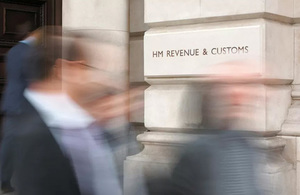
Businesses encouraged to claim remaining funding available to help them make customs declarations.
HM Revenue and Customs (HMRC) has extended the deadline for businesses to apply for customs support funding to 31 January 2021.
The scheme, first announced in September 2019, had been due to close on 31 January 2020. To date, applications have been made for around £18.5 million out of a possible £26 million – meaning there is at least £7.5 million left to claim from HMRC.
As well as supporting recruitment and improved IT capability, the money applied for so far could potentially fund nearly 15,000 training courses to help traders submit customs declarations.
Jesse Norman, Financial Secretary to the Treasury, said:
The UK will be leaving the single market and customs union at the end of 2020, and businesses will need to prepare to submit customs declarations.
Customs agents, freight forwarders and fast parcel operators can take advantage of the extended period by applying for grants to help them scale up and get ready.
Customs processes can be handled by a business directly, but most businesses currently trading outside Europe use a customs agent.
From 1 January 2021, the way businesses trade will change, and they’ll need to prepare for life outside the EU, including new customs arrangements. For example, businesses will need to make customs declarations to import and export goods between Great Britain (GB) and the EU once the UK is outside of the EU’s customs territory.
Under Government plans to introduce innovative Freeports, a full customs declaration would not be required to move goods into a Freeport. This could potentially save businesses time and makes it easier to import goods.
Published: 10th February 2020
Source: GOV UK, HM Revenue & Customs, HM Treasury, and The Rt Hon Jesse Norman MP
Page URL: https://www.gov.uk/government/news/hmrc-extends-customs-grant-funding-deadline
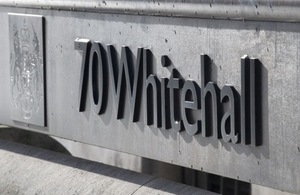
The government has confirmed plans to introduce import controls on EU goods at the border after the transition period ends on 31 December 2020.
We are leaving the EU’s customs union and single market, taking back control of our borders, and beginning to strike trade deals around the world.
In a speech today by the Chancellor of the Duchy of Lancaster at a Border Delivery Group stakeholder event, he confirmed all UK exports and imports will be treated equally. This will mean traders in the EU and GB will have to submit customs declarations and be liable to goods’ checks. He also confirmed that the policy easements put in place for a potential no deal exit will not be reintroduced as businesses have time to prepare.
There are a number of reasons for implementing import controls:
Business can prepare for border controls by making sure they have an Economic Operator Registration and Identification (EORI) number, and also looking into how they want to make declarations such as using a customs agent. We will ensure facilitations currently available to rest of the world traders will also be open to those trading between GB and EU.
The Chancellor of the Duchy of Lancaster, Michael Gove said:
The UK will be outside the single market and outside the customs union, so we will have to be ready for the customs procedures and regulatory checks that will inevitably follow.
As a result of that we will be in a stronger position, not just to make sure that our economy succeeds outside the European Union but that we are in a position to take advantage of new trading relationships with the rest of the world.
This morning HMRC extended the deadline for businesses to apply for customs support funding to 31 January 2021. To date, applications have been made for around £18.5 million out of a possible £26 million – meaning there is at least £7.5 million left to claim from HMRC.
This is aimed at GB/EU traders. This approach does not apply to the flow of trade between Northern Ireland and Ireland, or between Northern Ireland and GB.
Published: 10th February 2020
Source: GOV UK
Page URL: https://www.gov.uk/government/news/government-confirms-plans-to-introduce-import-controls

The Orthotics and Prosthetics section are holding an information day on Thursday 6th of February with speakers from NHS Counter Fraud, PB Consulting, MHRA, Strategic Intervention in Health Education Disciplines (SIHED) and Foot Drop Society.
Course Agenda:
Published: 5th February 2020
Source: BHTA

There is now a transition period until the end of 2020 while the UK and EU negotiate additional arrangements.
The current rules on trade, travel, and business for the UK and EU will continue to apply during the transition period.
New rules will take effect on 1 January 2021.
You should prepare now and subscribe to email updates about any additional arrangements.
Check how to get ready for new rules in 2021
The future relationship between the UK and the EU
This statement sets out the Government’s proposed approach to the negotiations with the EU about our future relationship.
Prime Minister’s address to the nation on leaving the EU
Prime Minister Boris Johnson addresses the nation as the UK leaves the EU.
The Withdrawal Agreement and Political Declaration
The Withdrawal Agreement is the UK and EU’s agreement on the UK leaving the EU. It shows the terms of the UK’s exit and sets out the framework for the future relationship between the UK and EU.
Actions you can take now that do not depend on negotiations.
Preparing your business
From 1 January 2021 you will need to make customs declarations to move goods into and out of the EU. You should:
Staying in the UK if you’re an EU citizen
Check if you need to apply to the settlement scheme if you or your family are from the EU, or from Switzerland, Norway, Iceland or Liechtenstein.
Check what you need to do to stay in the UK
Living and working in the EU
Living and working in an EU country depends on the rules in that country.
You may need to register or apply for residency. You should check that you’re covered for healthcare.
You may also need to exchange your UK driving licence for a licence issued by the EU country where you live.
Check what you must do in the country where you live
Browse all information related to the transition period
Published: January 2020
Source: GOV UK
Story URL: https://www.gov.uk/transition
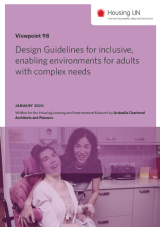
Written by Archadia Chartered Architects and Planners, this Housing LIN Viewpoint considers the current standards and typologies of specialist supported housing provision for people with profound and multiple learning disabilities.
It aims to reflect on several case studies by Archadia in both refurbishment and new build projects. Owing to evidence which suggests there is a lack of relevant design guidance; this viewpoint provides recommendations for further research needed in this area.
It calls for a collaborative approach to change legislation and planning to help create an environment where profound and multiple learning disability (PMLD) housing is more easily developed, funded and maintained.
You can find more information about housing for people with learning disabilities and autism, including case studies and reports, by visiting the Housing LIN’s Learning Disabilities topic page.
The Housing LIN can advise and support your organisation to transform your services and improve housing choices for people with complex needs, including people with a learning disability or autism. Find out more by reading their Transforming Care brochure.
Published: 23rd January 2020
Source: Housing LIN

If you are exporting goods into the EU follow the easy to use HM Government pdf advice to see how your business could be effected and the steps you may need to take or review for your business. Decide how you will import your goods from the EU into the UK. The two main options
Decide which export procedure you are going to use. Things to consider:
* Are you moving things temporarily? ATA Carnets may be for you.
* Are you a large exporter? If so Transit could simplify how your goods pass through customs.
Published: 9th September 2019
Source: GOV.UK

If you are importing goods into the UK follow the easy to use HM Government pdf advice to see how your business could be effected and the steps you may need to take or review for your business.
Decide how you will import your goods from the EU into the UK.
The two main options are:
• Importing goods through standard import procedures.
• Importing goods through simplified import procedures, known as Transitional Simplified Procedures. For most goods this allows you to delay submitting a full customs declaration and paying customs duty for up to six months.
You can also consider moving your goods by Transit procedures if you think this is a better option for you.
Published: 9th September 2019
Source: GOV.UK
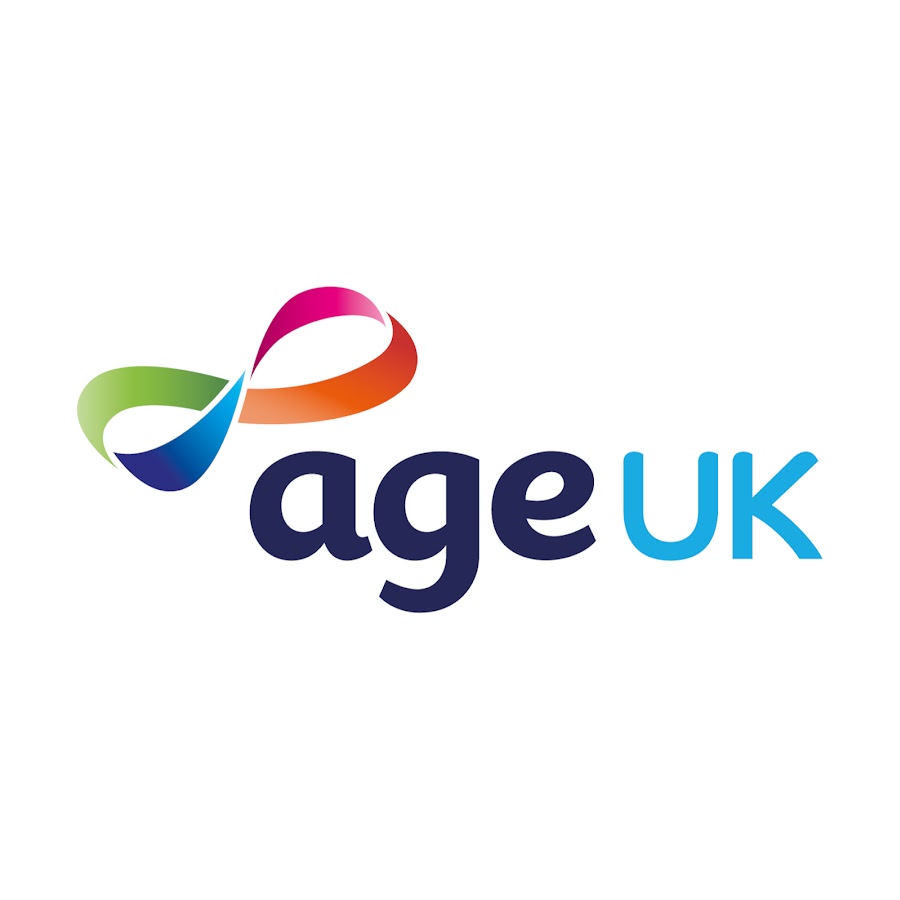
The over-60s is the fastest-growing group in society and there are more of us than ever before.
Ageing is not an illness, but it can be challenging.
At Age UK we provide services and support at a national and local level to inspire, enable and support older people.
We stand up and speak for all those who have reached later life, and also protect the long-term interests of future generations.
Too many older people feel they have no one to turn to for support. Age UK exists to help older people when they need it the most.
Click Here to visit Age UK online
If you need advice or information on money, care or health, call 0800 678 1602.
Open 8am to 7pm, every day of the year.
Published: 2020
Source: Age UK (via NAVS: All Charities)

Dementia is the UK’s biggest killer. Someone develops it every three minutes and there’s currently no cure.
We know it is scary facing up to it, but we must confront the biggest health and social care challenge of our time.
Thanks to your support, Alzheimer’s Society is facing dementia head on. Whether you’re a fundraiser, donor, partner, or affected by dementia in any way,
we’re working with you to build a movement. Inspired by your voices, we’re leading the way in support, society and research.
We are calling on everyone to unite. Working together we know we will achieve our vision – a world without dementia.
Click Here to visit Alzheimer’s Society online
Looking for information, support or advice about dementia?
The helpline is here for you on 0300 222 11 22.
Published: 2020
Source: Alzheimer’s Society (via NAVS: All Charities)

The BDA is the UK’s leading membership organisation and registered charity run by Deaf people for Deaf people.
The BDA delivers a range of services to achieve its aims of empowering Deaf people to overcome difficulties that they face on a daily basis.
Click Here to visit the British Deaf Association online.
British Deaf Association Head Office
3rd Floor
356 Holloway Road
London N7 6PA
bda@bda.org.uk
T: 020 7697 4140
Text: 07795 410 724
Open Monday – Friday 9am – 5pm
Published: 2020
Source: British Deaf Association (via NAVS: All Charities)
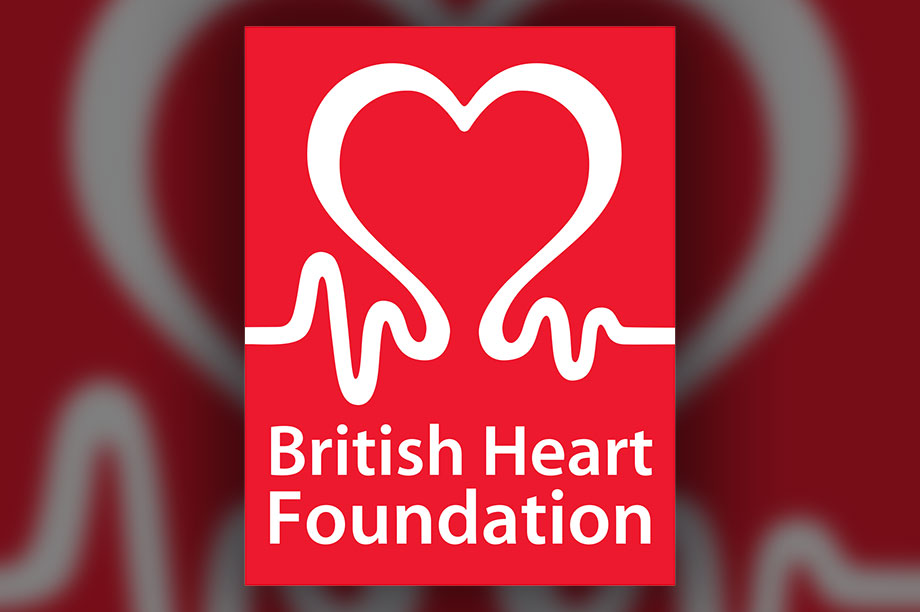
The British Heart Foundation fund over £100 million of research each year into all heart and circulatory diseases and the things that cause them.
Heart diseases. Stroke. Vascular dementia. Diabetes. They’re all connected, and they’re all under the British Heart Foundations microscope.
Click Here to visit the British Heart Foundation online.
When it comes to your heart health, the British Heart Foundation want to make sure that you have all the information and support you need.
They’re here to help you, whether you’re calling about yourself or someone you care about.
Call the British Heart Foundation Heart Helpline on 0300 330 3311.
Please contact the British Heart Foundation Customer Service Centre for general enquiries or for information about fundraising or making
a cash donation.
The Customer Service Centre is open 9am-5pm, Monday to Friday.
If you have any complaints or comments to make on the Door to Door fundraising outside of these hours please contact the British Heart Foundation
after-hours Door to Door query line on 07789 462829. You can either text or leave a voicemail and they will aim to get back to urgent queries within 20 minutes.
This line is open from 5pm-9.30pm, Monday to Friday, and 12-9.30pm on Saturdays.
Please note, this number is only for Door to Door fundraising enquiries. The fundraising team is unable to help with shop and store enquiries outside
of office hours.
Tel: 0300 330 3322
Textphone: 18001 0300 330 3322
Email: heretohelp@bhf.org.uk (The BHF aim to respond to all emails within two working days)
Address:
Customer Service Centre
British Heart Foundation
Compton House
2300 The Crescent
Birmingham Business Park
Birmingham
West Midlands
B37 7YE
Published: 2020
Source: British Heart Foundation (via NAVS: All Charities)
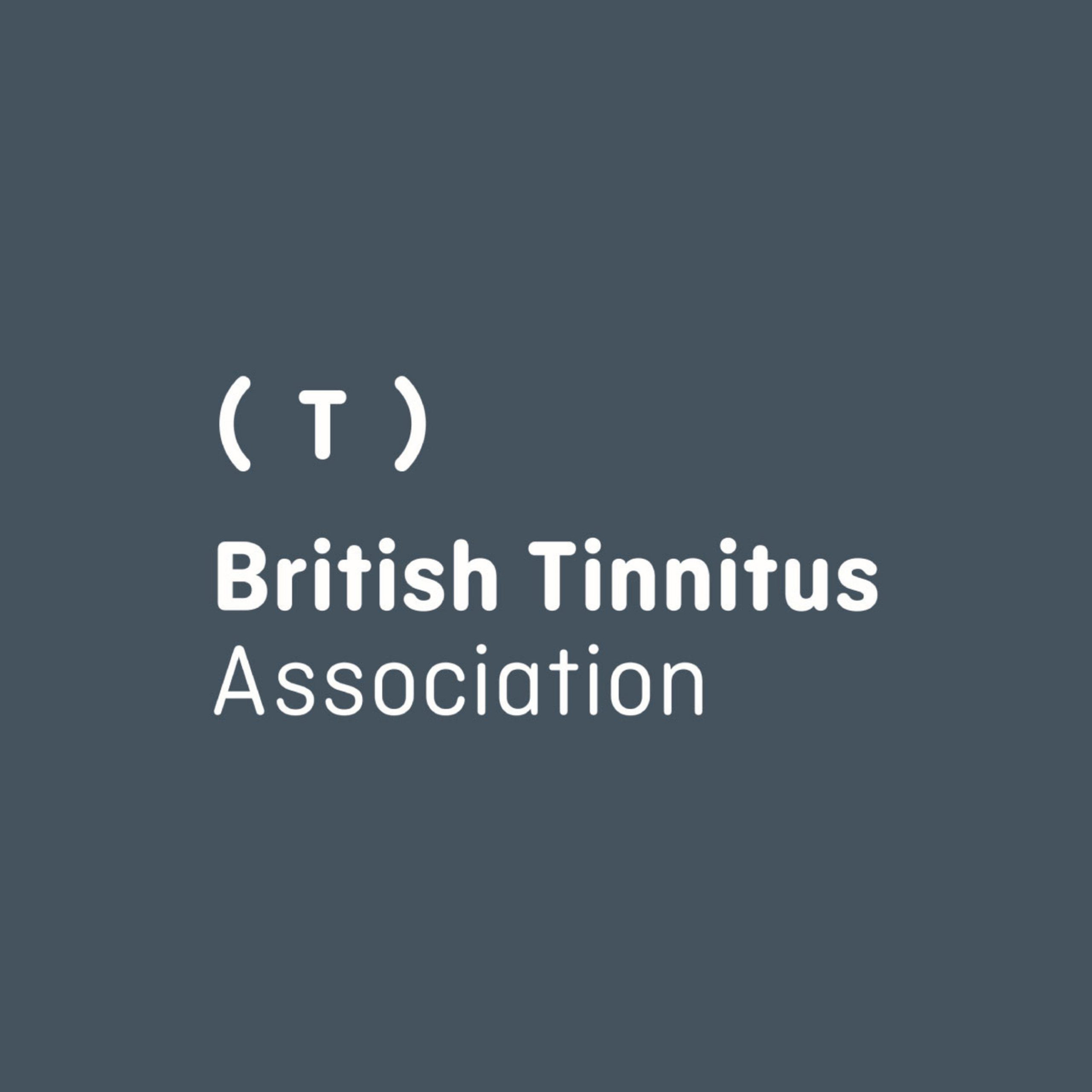
British Tinnitus Association is an independent charity supporting thousands of people who experience tinnitus and advise medical professionals from across
the world. They are the primary source of support and information for people with tinnitus in the UK, facilitating an improved quality of life. They aim to encourage prevention through the educational programme and to seek effective treatment for tinnitus through a medical research programme.
They seek to provide the most appropriate and expert advice and information free of charge via their confidential freephone helpline on 0800 018 0527.
The vision is, “A world where no one suffers from tinnitus.”
That is a powerful statement and one they believe is achievable. It is achievable now, to an extent that there are management tools and methods available to enable some not to ‘suffer’. However they also want to find better ways to manage tinnitus – and ultimately a cure.
The British Tinnitus Association have developed their strategic priorities to make their vision become reality:
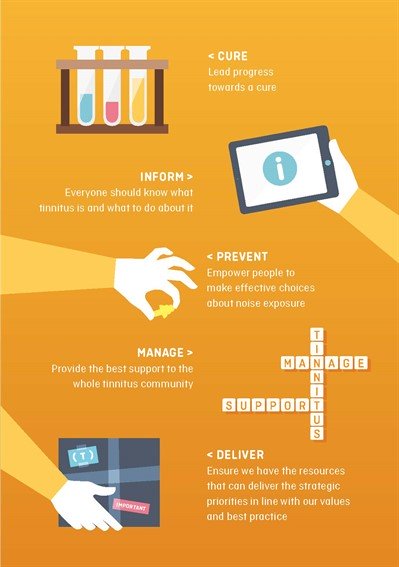
British Tinnitus Association office: 0114 250 9933
Helpline and office open: Mon – Fri, 9am – 5pm
British Tinnitus Association forum can now be found by Clicking Here.
Published: 2020
Source: British Tinnitus Association (via NAVS: All Charities)

Cancer Research UK is the world’s largest charity dedicated to saving lives through research.
Their vision is to bring forward the day when all cancers are cured.
Cancer Research UK fund scientists, doctors and nurses to help beat cancer sooner. They also provide cancer information to the public.
A number of bodies work together to ensure that Cancer Research UK makes the best use of the funds they receive and continue to carry
out world-class research.
The Council of trustees sets the charity’s strategic direction, monitors the delivery of the charity’s objectives, uphold its values and governance
and advises the Chief Executive.
The Chief Executive and Executive Board also work together to ensure that the charity continues with said world class research.
The role of the Scientific Executive Board is to develop and implement Cancer Research UK’s scientific strategy.
Click Here to visit Cancer Research UK online.
For general enquiries please call on 0300 123 1022
The lines are normally open Monday to Friday, 8am to 6pm (closed Wednesdays 11am-11:30am, weekends and bank holidays)
For cancer related questions please call the Cancer Research UK cancer nurses on 0808 800 4040
Lines are open Monday to Friday, 9am to 5pm (UK resident only)
For general enquiries you can send an email to supporter.services@cancer.org.uk
For cancer related enquiries please contact the cancer nurses
Write to Cancer Research UK
Cancer Research UK
PO BOX 1561
Oxford OX4 9GZ
Published: 2020
Source: Cancer Research UK (via NAVS: All Charities)

Diabetes UK have a vision of a world where diabetes can do no harm.
Diabetes UK are leading the fight against the UK’s biggest and growing health crisis. And it’s a fight that involves us all – sharing knowledge and
taking on diabetes together.
Diabetes UK have taken it upon themselves to tackle the diabetes crisis. They’re trying to prevent Type 2 diabetes, campaign for and support
everyone affected by diabetes, and fund research that will one day lead us to a cure.
Click Here to visit Diabetes UK online.
Call: 0345 123 2399, Monday to Friday, 9am to 6pm
Email: helpline@diabetes.org.uk
If you’re in Scotland:
Call: 0141 212 8710*, Monday to Friday, 9am to 6pm.
Email: helpline.scotland@diabetes.org.uk
Find out more about Helpline Scotland.
Online form: https://forms.diabetes.org.uk/contact-us
Wells Lawrence House
126 Back Church Lane
London
E1 1FH
Tel 0345 123 2399
Fax 020 7424 1001
Published: 2020
Source: Diabetes UK (via NAVS: All Charities)
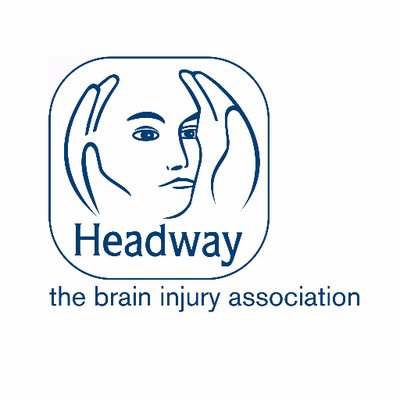
Brain injury can challenge every aspect of your life – walking, talking, thinking and feeling – and the losses can be severe and permanent.
It can mean losing both the life you once lived and the person you once were.
We all think ‘it will never happen to me’, but every year around 350,000 people are admitted to hospital with an acquired brain injury.
That’s one every 90 seconds.
A brain injury can happen to anyone, at any time. When it does, we’re here to help.
Headway – the brain injury association
Bradbury House
190 Bagnall Road
Old Basford
Nottingham
NG6 8SF
Tel: 0115 924 0800
Fax: 0115 958 4446
Email: enquiries@headway.org.uk
Helpline: 0808 800 2244 or helpline@headway.org.uk
Media enquiries:
0115 947 1902 ,
07795 300 954
or directorofcomms@headway.org.uk
Published: 2020
Source: Headway (via NAVS: All Charities)

MNDA are a membership organisation with over 9,000 members forming a powerful national and local network that provides information and support.
They have over 7,000 active volunteers in England, Wales and Northern Ireland and around 170 paid staff, all dedicated to improving the lives of people affected by MND, now and in the future.
Motor Neurone Disease Association
Francis Crick House
6 Summerhouse Road
Moulton Park
Northampton
NN3 6BJ
Tel: 01604 250505
Fax: 01604 624726/638289
Email: enquiries@mndassociation.org
Website: www.mndassociation.org
Published: 2020
Source: MNDA (Motor Neurone Disease Association) via NAVS: All Charities

Whether you have MS, or care about someone who does, the MS Society community is here for you through the highs,
lows and everything in between.
The ultimate goal is to find a cure. Until then, we’re working to make sure no one has to face MS alone.
Everything we do is guided by people with MS. Because together, we’re stronger.
For a confidential chat about anything MS, or information on:
Freephone our MS Helpline on 0808 800 8000, Monday to Friday 9am-7pm
Or email helpline@mssociety.org.uk
To talk to someone about:
Contact our Supporter Care team: 0300 500 8084, Monday to Friday, 9am-5pm
Or email supportercare@mssociety.org.uk
Published: 2020
Source: MS Society (via NAVS: All Charities)
Video URL: https://www.youtube.com/watch?v=N2iI7h06_3A#action=share

The Parkinson’s charity that drives better care, treatments and quality of life. Because of Parkinson’s UK, no one has to face Parkinson’s alone.
In 1969, Parkinson’s UK was founded in a one-room office in Putney, London.
Today, they’re a dynamic network of expert staff, health and social care professionals, volunteers and researchers. They work together to improve
life for everyone living with Parkinson’s in the UK and to bring forward better treatments and a cure.
They will make sure you get polite, friendly, high-quality services and clear, timely information that meets your needs.
Parkinson’s UK will:
And they’ll:
The Parkinson’s UK helpline is a free and confidential service providing support to anyone affected by Parkinson’s.
If you contact by email or online, they’ll come back to you within 5 working days.
If you’d like a speedier response, it may be quicker to phone them.
Parkinson’s UK
215 Vauxhall Bridge Road
London SW1V 1EJ – view map
Parkinson’s UK Northern Ireland
Wellington Park Business Centre
3 Wellington Park
Malone Road
Belfast BT9 6DJ
Parkinson’s UK Scotland
Suite 1-14
King James VI Business Centre
Riverview Business Park
Friarton Road
Perth
PH2 8DY – view map
Parkinson’s UK Wales/Cymru
Maritime Offices
Woodland Terrace
Maesycoed
Pontypridd CF37 1DZ – view map
Published: 2020
Source: Parkinson’s UK (via NAVS: All Charities)
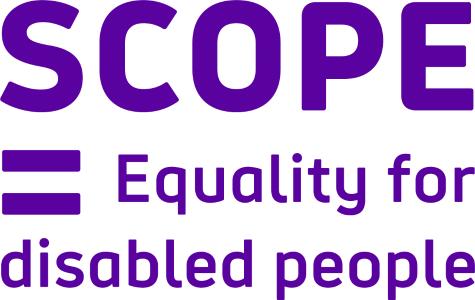
They provide practical information and emotional support when it’s most needed and campaign relentlessly to create a fairer society.
“We won’t stop until we achieve a society where all disabled people enjoy equality and fairness.”
“We’re a strong community of disabled and non-disabled people with a shared vision of equality.
We provide practical advice and emotional support whenever people need them most. We do this through our Scope helpline, our online
community, a range of employment and child sleep services, community engagement programmes, and more. All of our services are
developed to achieve our strategy, Everyday Equality.
We use our collective power to change attitudes and end injustice. And we campaign relentlessly to create a fairer society.”
Scope provides a platform for disabled people’s voices and experiences and support young disabled people to campaign on the issues
which matter to them.
The campaigns are based on their rigorous research and policy work.
If you know who you need to speak to, you can find contact details for individual teams at Scope by using our contact directory.
You can also get in touch using the following.
Call: 0808 800 3333
Email: helpline@scope.org.uk
Use a British Sign Language Interpreter
Write to Scope: Scope, Landmark, 26 Whitehall Road, LS12 1BE.
Published: 2020
Source: Scope (via NAVS: All Charities)
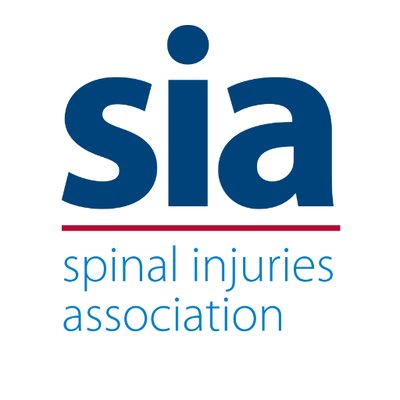
SIA (Spinal Injuries Association) help spinal cord injured people lead fulfilled lives.
Spinal Injuries Association are the expert voice and leading source of information and advice for people with spinal cord injury (SCI).
For over 40 years, they’ve been supporting SCI people and representing the wider SCI community to government and other decision makers.
Their work in campaigning, education and support is based on the personal experiences of their members.
The membership continues to grow and we represent more than 11,000 people. More than 50% of the SIA staff and 80% of our trustees live
with SCI.
Their belief is that everyone has a right to live a fulfilled life and that means the life they choose, a life that has the same opportunities as everyone else’s. These beliefs have informed the development of their strategic plan.
Download a copy of the SIA strategic plan to find out more about the objectives that will shape their future between now and 2022.
Main Registered Office
SIA House, 2 Trueman Place, Oldbrook, Milton Keynes MK6 2HH.
Meeting facilities at SIA House are available for use by other organisations – download more details
Tel: 01908 604191 for general enquiries and for membership information.
Email: sia@spinal.co.uk
Advice Line
Tel: 0800 980 0501 Monday – Friday, 10.00am -1.00pm and 2.00pm-4.30pm
Email: adviceline@spinal.co.uk
Telephone Counselling Service
To book an appointment with our Counsellor please contact the Advice & Advocacy Service or complete the online enquiry form
SCI Nurse Specialists Service
Contact our Nurse Specialists via our Advice & Advocacy Service, via our online enquiry form or via email
Peer Support Service
Contact our main office on 01908 604191 or email j.rhind@spinal.co.uk
Fundraising
Call our Fundraising hotline on 01908 208541 for details of challenge event or fundraising opportunities
Published: 2020
Source: SIA (Spinal Injuries Association) via NAVS: All Charities